Aside from its substantial contribution to the Philippine economy, abaca is a vital crop that can also provide numerous ecological advantages. In the Caraga Region where the Special Area for Agricultural Development (SAAD) Program of the Department of Agriculture in Phase 1 operated from 2017-2022, upland farmers have expressed their strong interest in adopting the abaca production project for sustainability, improving income and helping revitalize the industrial crop’s production in the Philippines.
Farmer groups in Agusan del Sur and Surigao del Sur turned to agripreneurs through pre- and post-production support from SAAD. Prior, individual planters grow the crop at an average area of 500 square meters, alongside banana and falcata trees as their main source of income. After Local Government Units (LGUs) endorsement for support, through the Municipal Agriculture Office, these farmers were able to expand their areas, increase production and income, and improve the quality of fiber production.
For Muritula USAD Farmer’s Cooperative (MUFC), Cecilia Abaca and Corn Planters Association (CeADCOPA), and Culi-ram Farmers Association, the project provided by the Program allowed improvements in their livelihood such as through the ultraviolet shed facility, securing and improving the quality of fiber production. In addition, the project allowed the expansion of production areas from 0.5 hectares (ha) to 3 hectares; producing planting materials and generating additional income among members through abaca nursery. Modern technologies helped beneficiaries reduce cost, time, and effort for producing quality fiber; and the series of technical training conducted by the Program helped them gain knowledge and skills they can practice in their farms.
In the economic aspect, the farmers were able to provide food on their table – not just root crops as their staple food, but extra income for rice, consumable until their next abaca harvest, aiding children’s school fees, and other basic needs in their homes.
With good project execution and management, the FAs established their enterprises such as abaca fiber consolidation within their barangays, buying and selling of abaca fiber, and microfinancing from their savings with 5-10% monthly interest.
With the conclusion of the Program’s Phase 1, the beneficiaries currently turned over to their respective LGUs are linked to the Philippine Fiber Industry Development Authority (PhilFIDA) – the government agency in charge of developing and sustaining the fiber industry in the country; DA’s Philippine Rural Development Project (PRDP) for possible farm-to-market road projects; and series of training related to their project and organizational management that can be accessed by the groups from various supporting agencies.
Livestock and poultry commodities in Surigao del Sur
Aside from abaca, farmers in the rural areas of Surigao del Sur also thrived in livestock and poultry production. These include goat for live weight production, ready-to-lay chicken for egg production, and free-range chicken for egg, chicks, and meat production.
The Goat Raisers Association of Mabog (GRAM) in Sitio Mabog, San Roque Bislig City sustains SAAD Phase 1’s goat project by selling some of the stocks and offering microfinancing with their members as immediate borrowers and rolling over original stocks to the next-in-line beneficiaries. The group now moves toward increasing stocks to sustain the project.
One of the members, a senior, Melenciana Ladao, 66, has established a general merchandise store out of her share dividends from the group’s lending service.
Antao Swine Raisers Association, Cancavan Corn Growers Association, Cabugo Chicken Producers Association (CACPA), and Balete Chicken Growers Association (BACGA) who received chicken projects from the Program were able to augment their income through egg and live weight chicken enterprise. True to the primary goal of the Program, which is improving the food production in areas with high poverty incidence, the poultry project in Cabugo serves as an additional food source for its residents, all the while diversifying the agricultural production in the locale.
A total of eight (8) Phase 1 FAs in the Caraga Region were visited by the National Program Management Office (NPMO) staff for their inclusion in the Unlad Lokal Coffee Table Book to recognize groups turned agripreneurs during program implementation. This reference book will also allow the program management to lobby its former beneficiaries to partners, stakeholders, policymakers, and other agencies responsible for national and local development planning. ###
Writer: Jennifer A. Valcobero, DA-SAAD NPMO Information Officer
Photos by: Kathleen Faye Agonoy, DA-SAAD NPMO Information Officer

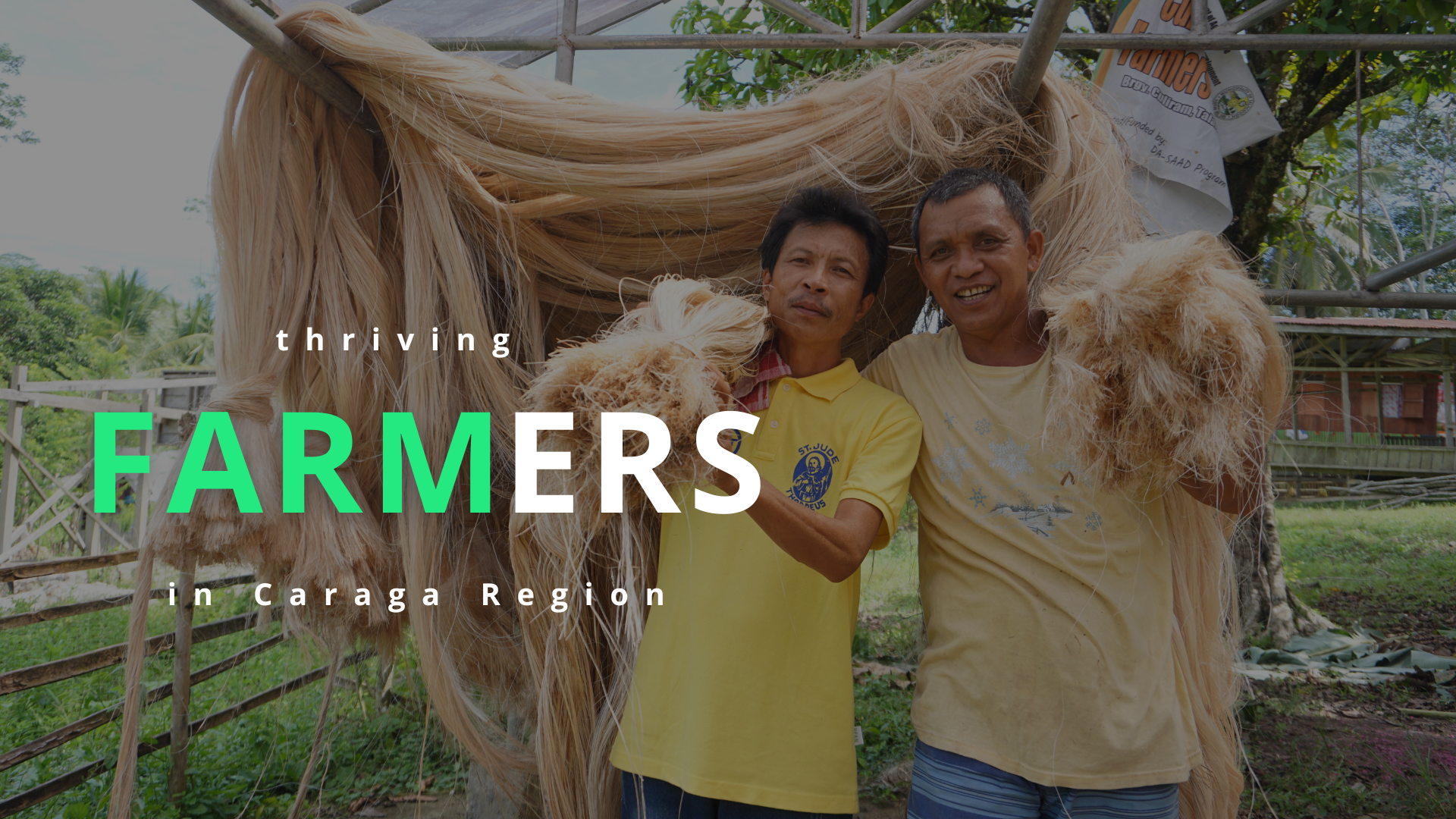
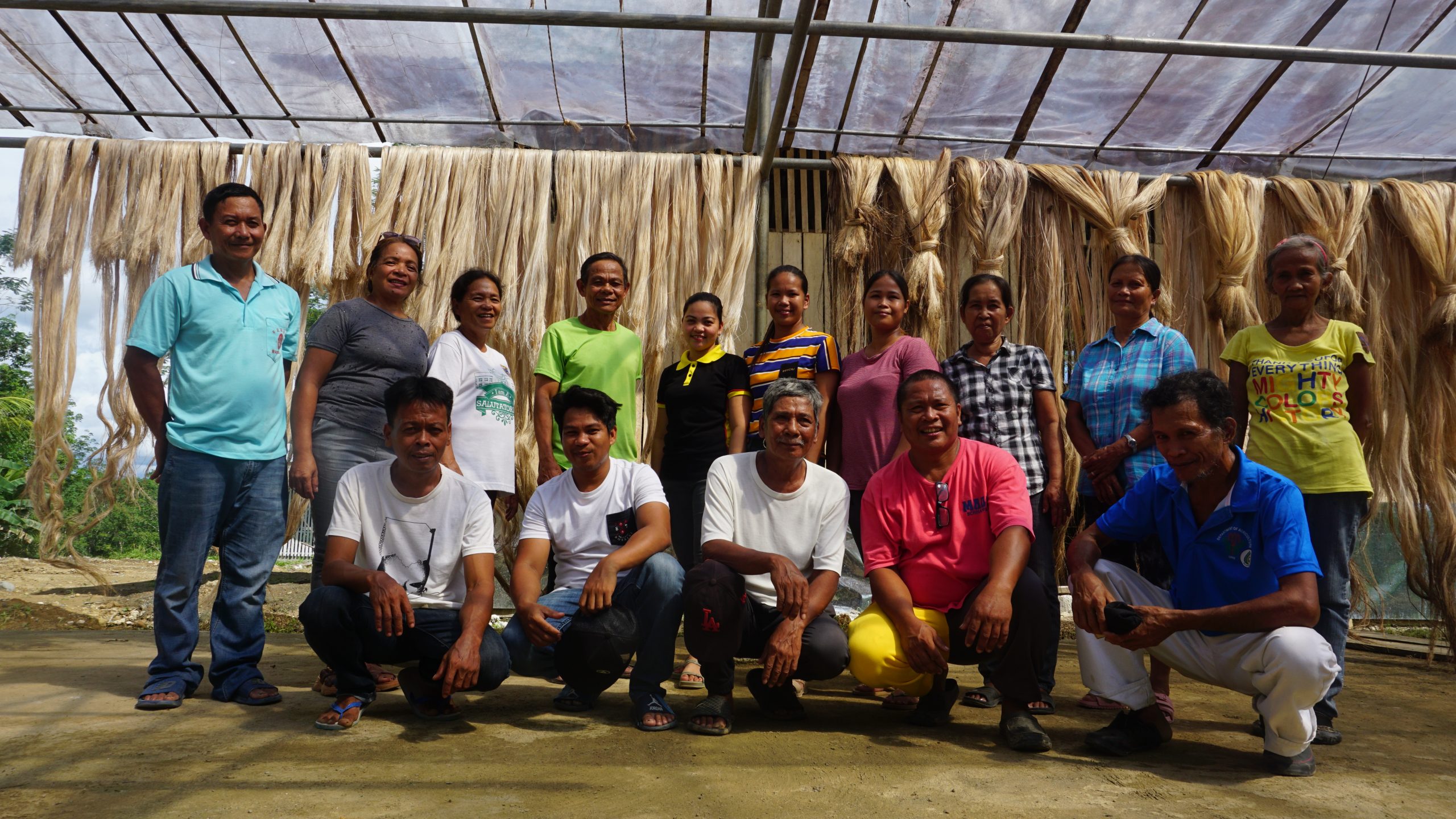
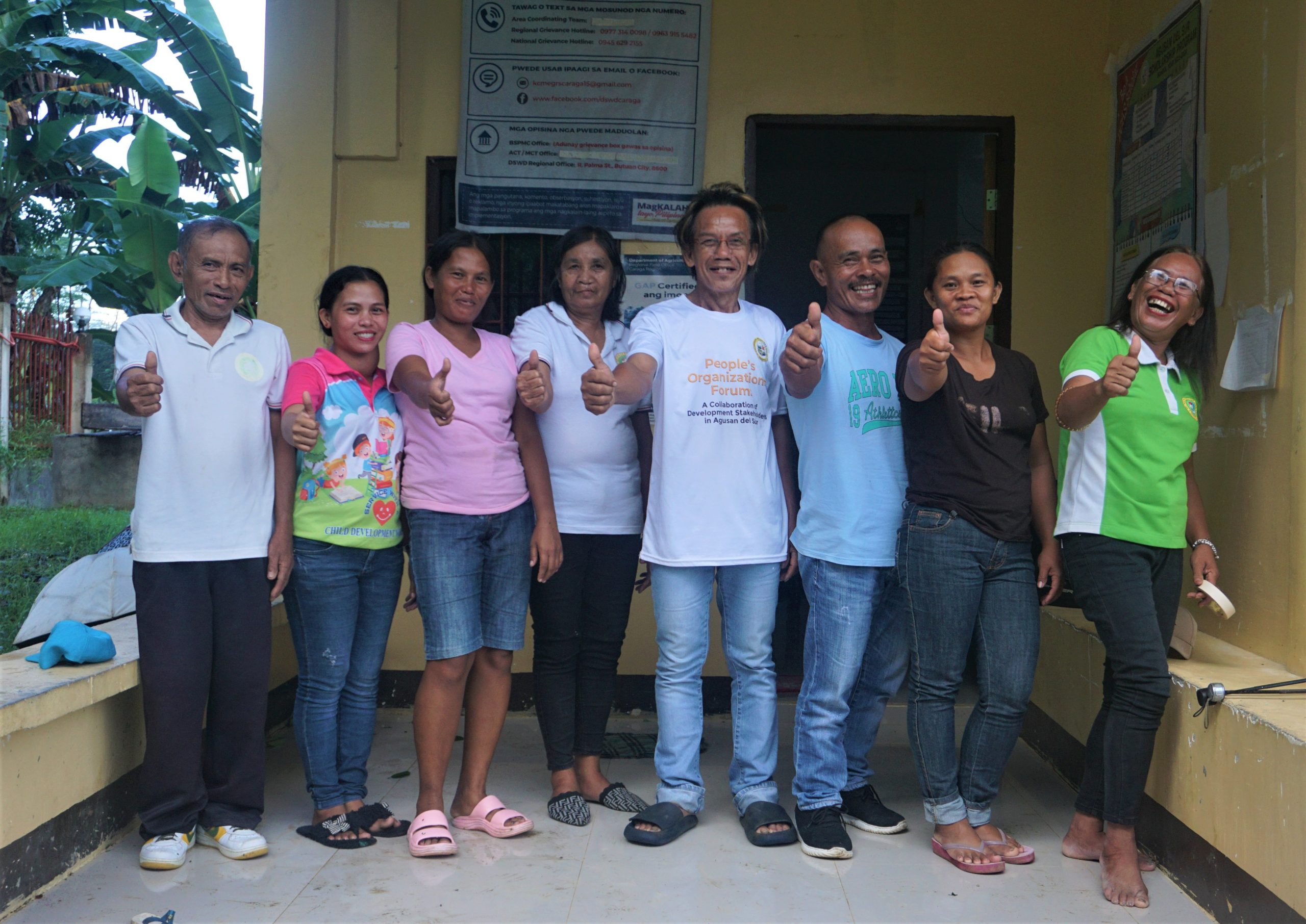
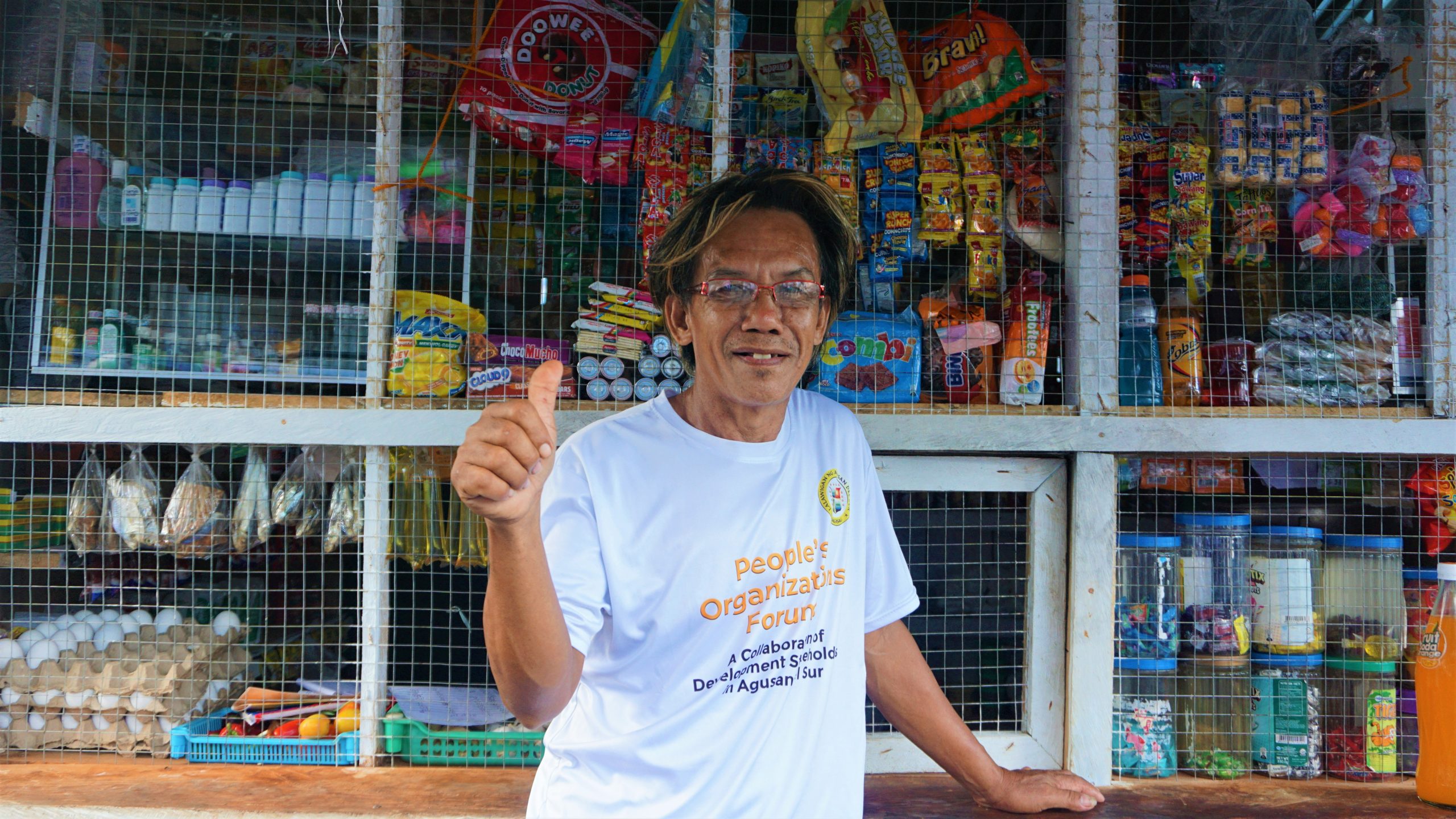
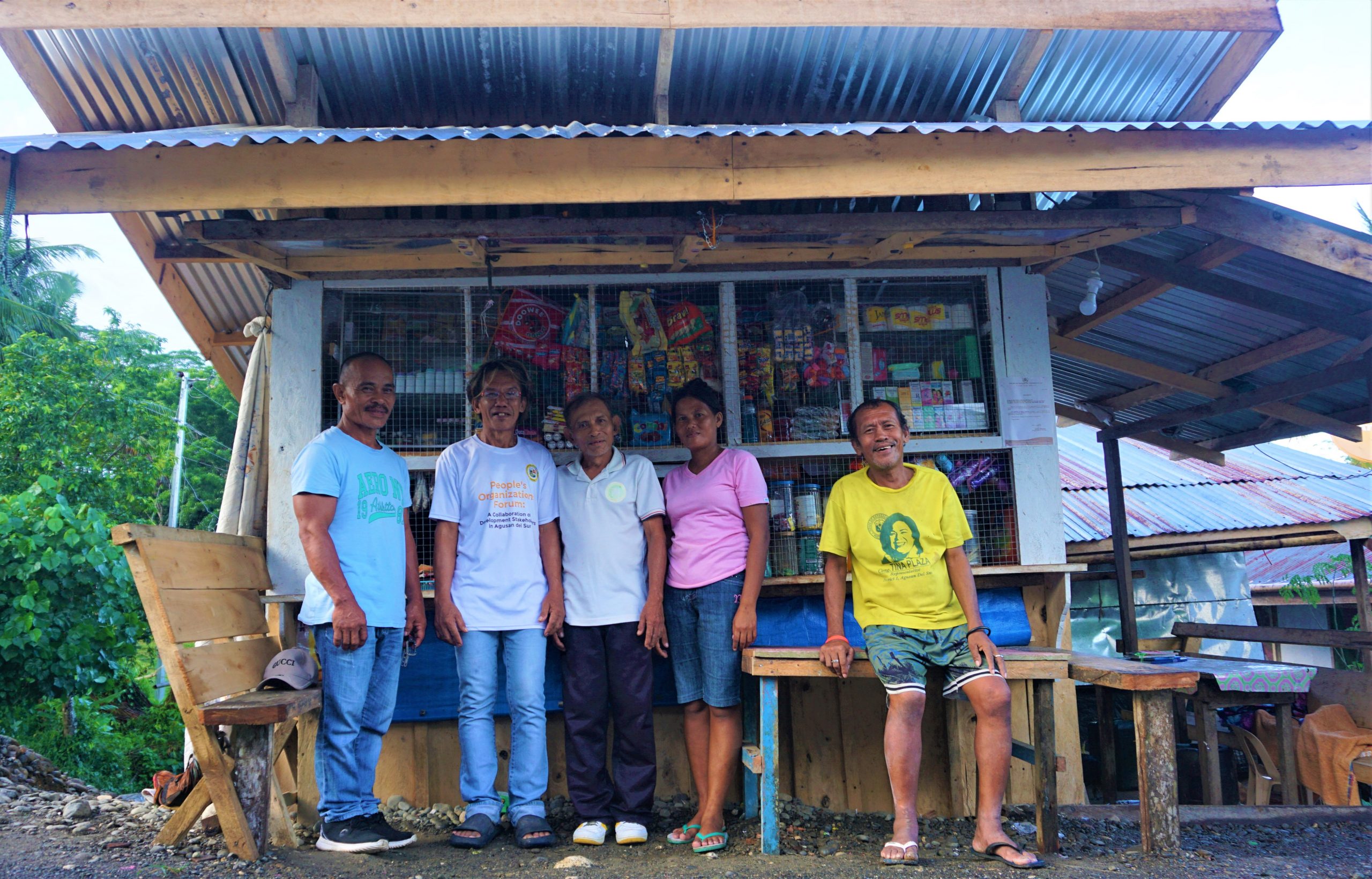
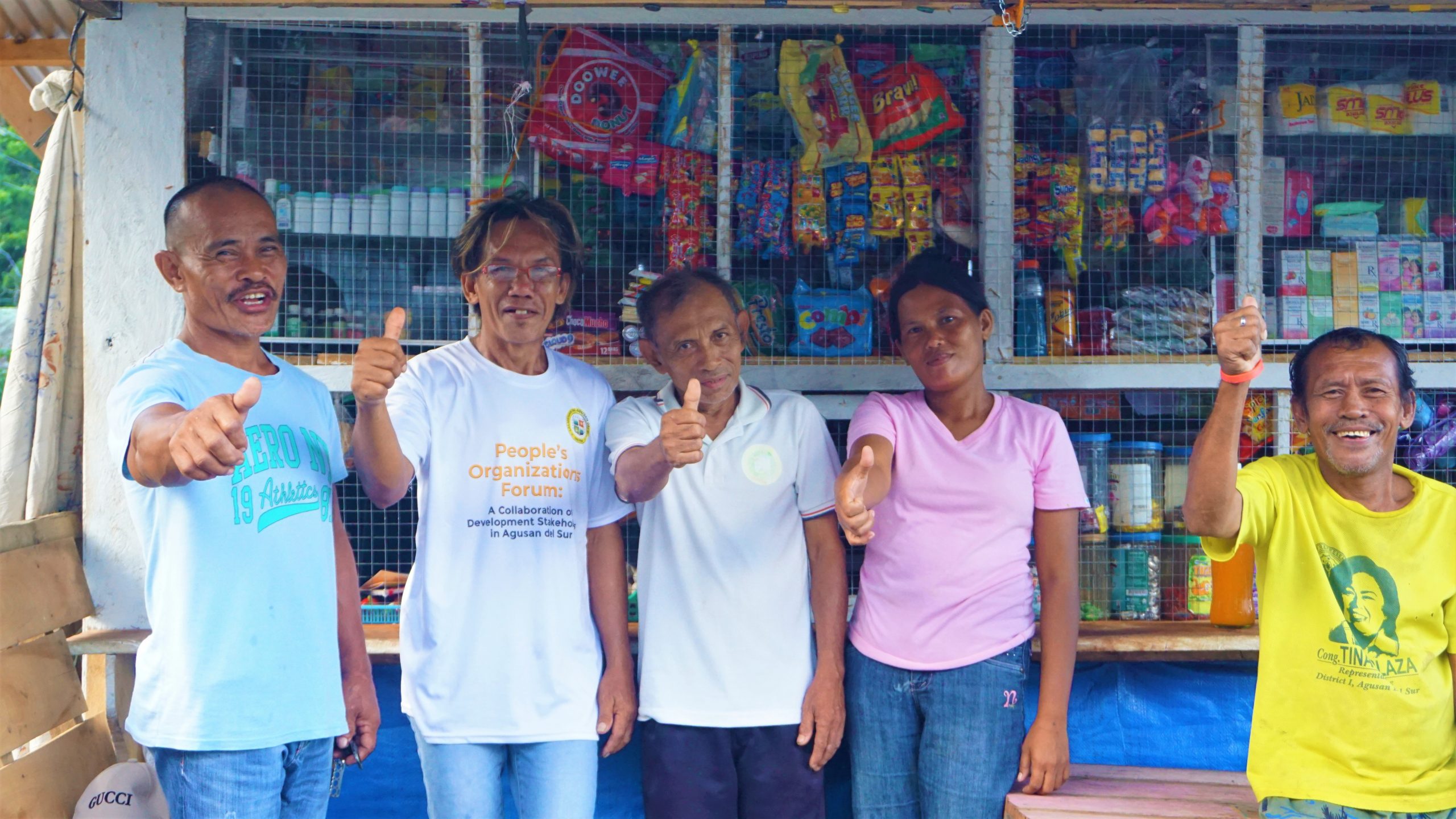
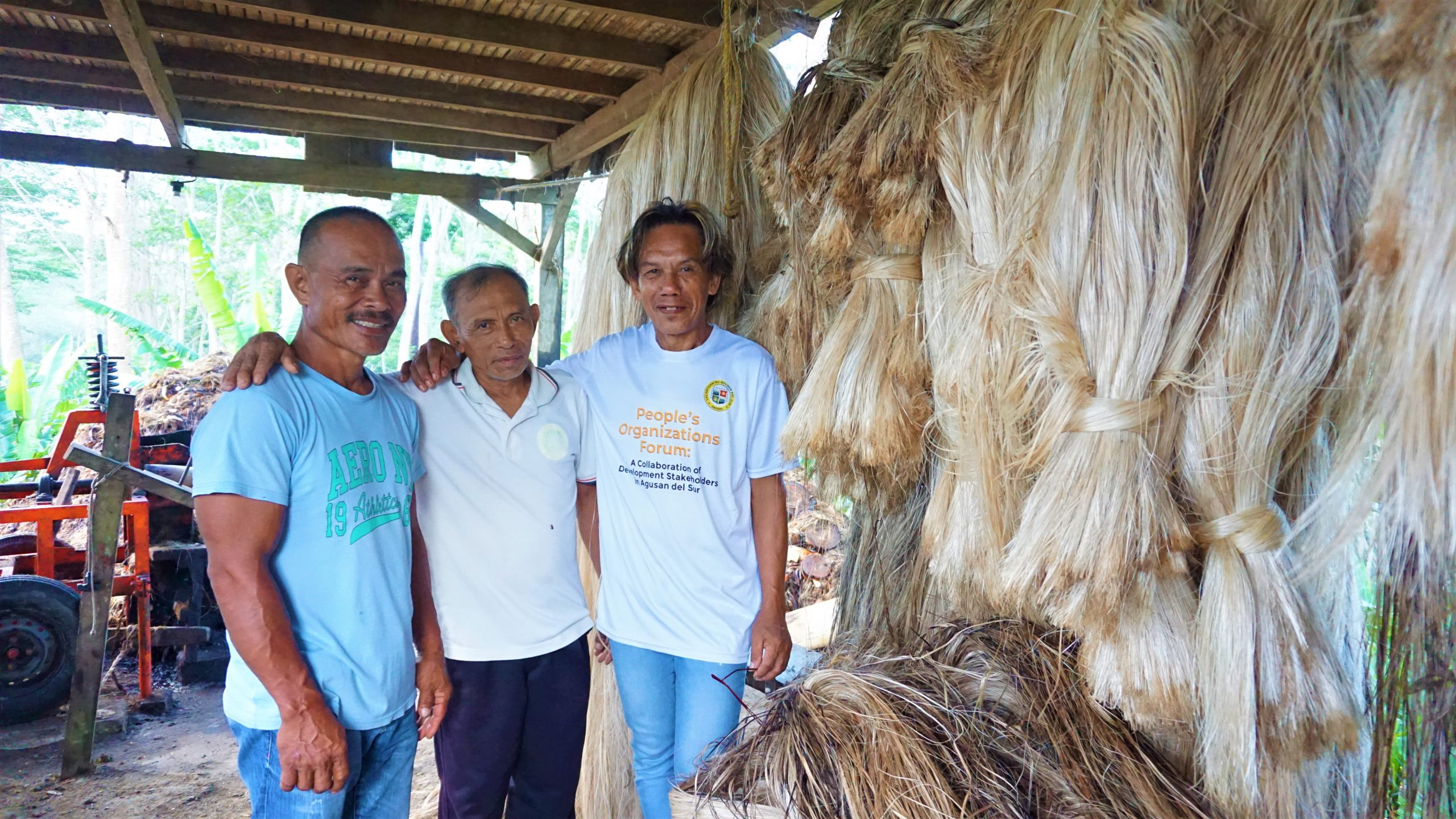
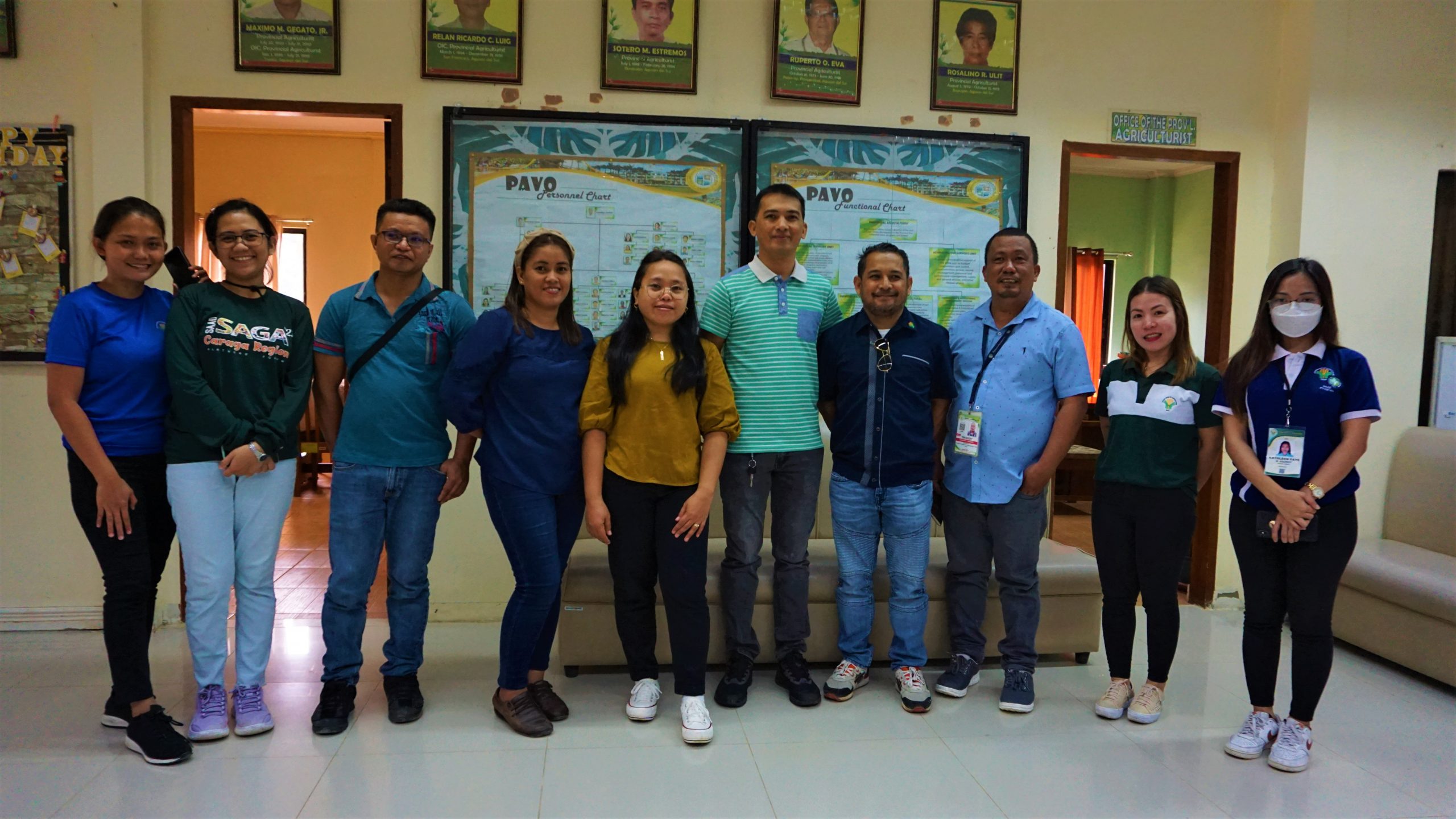
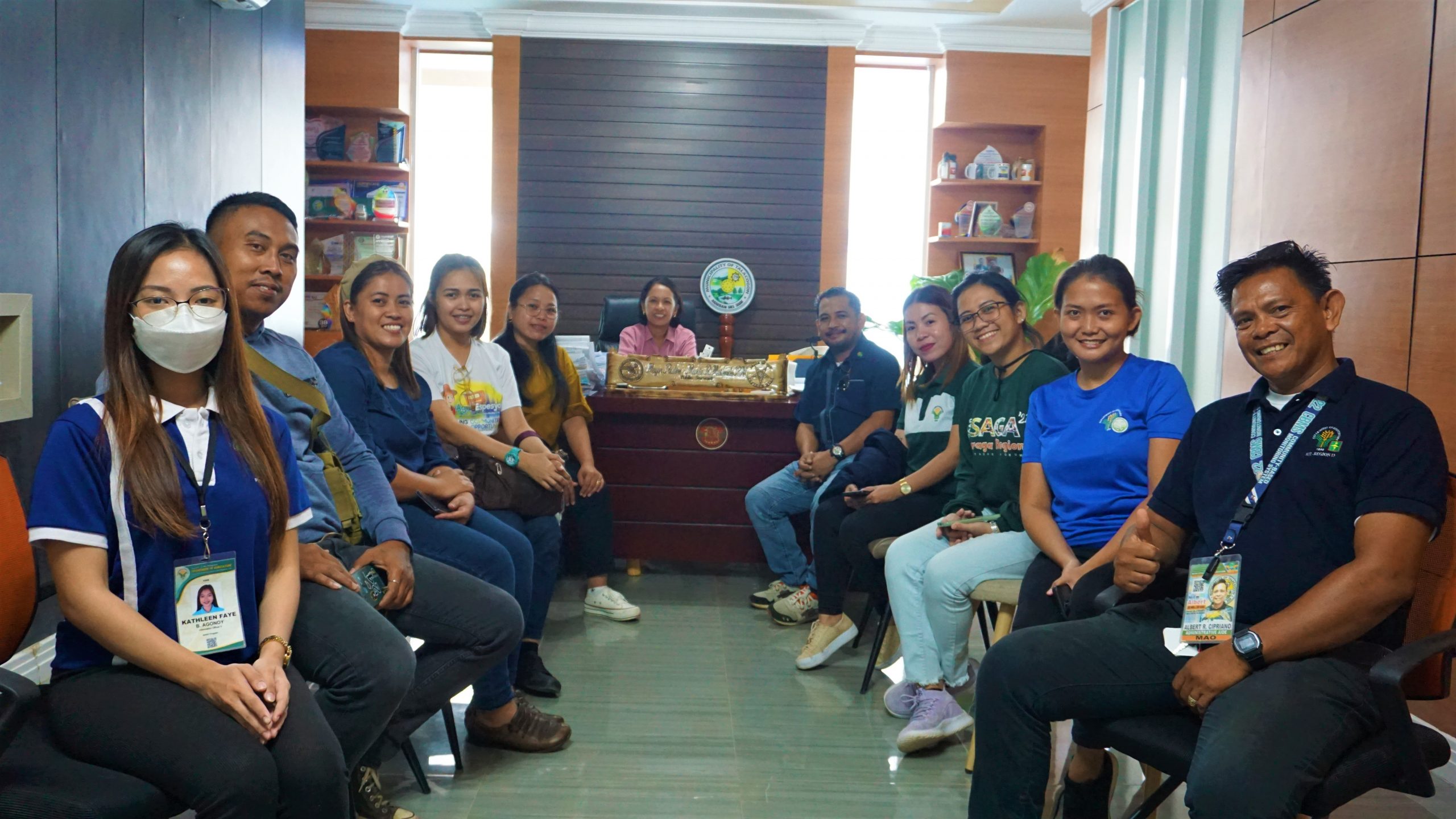
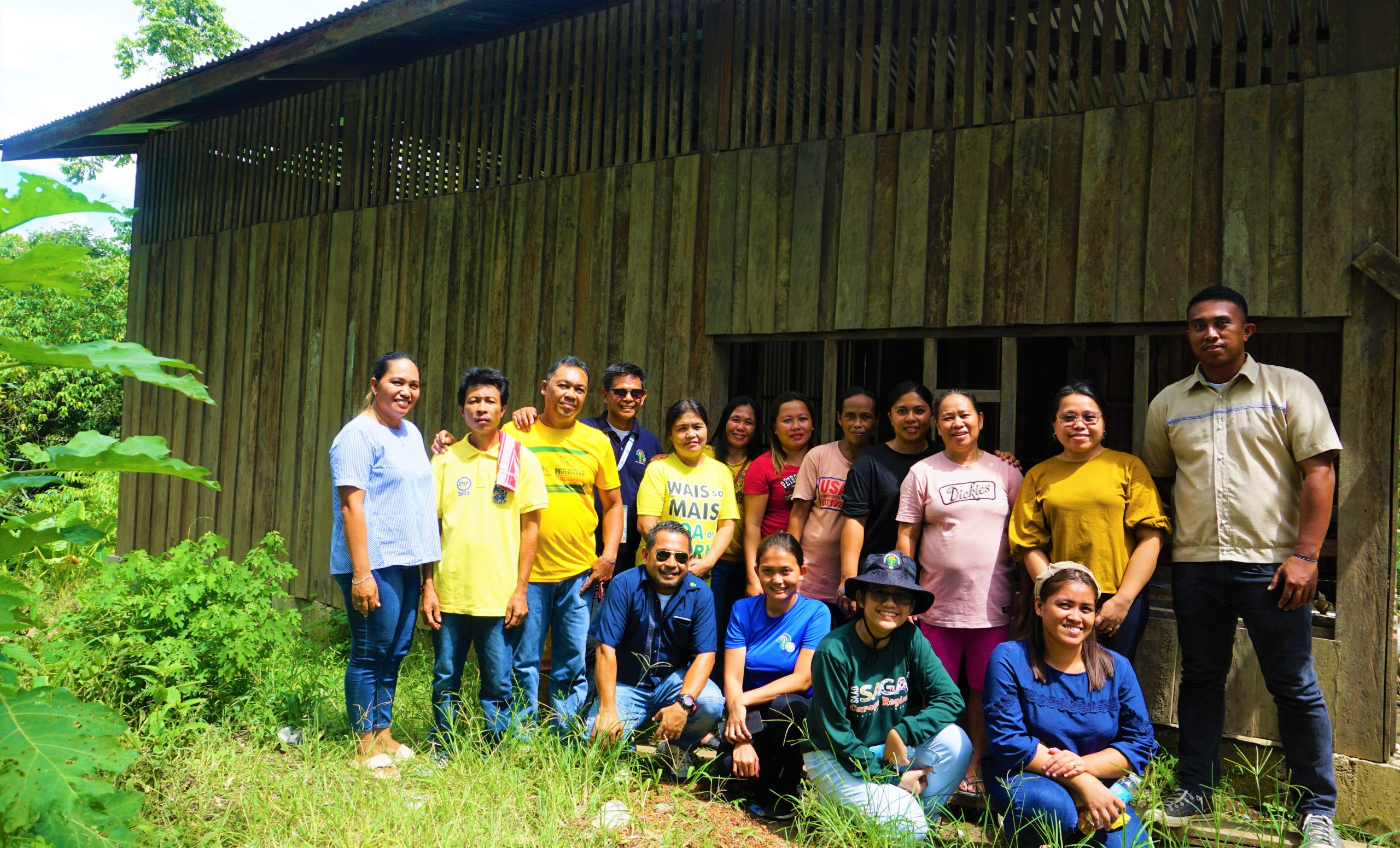
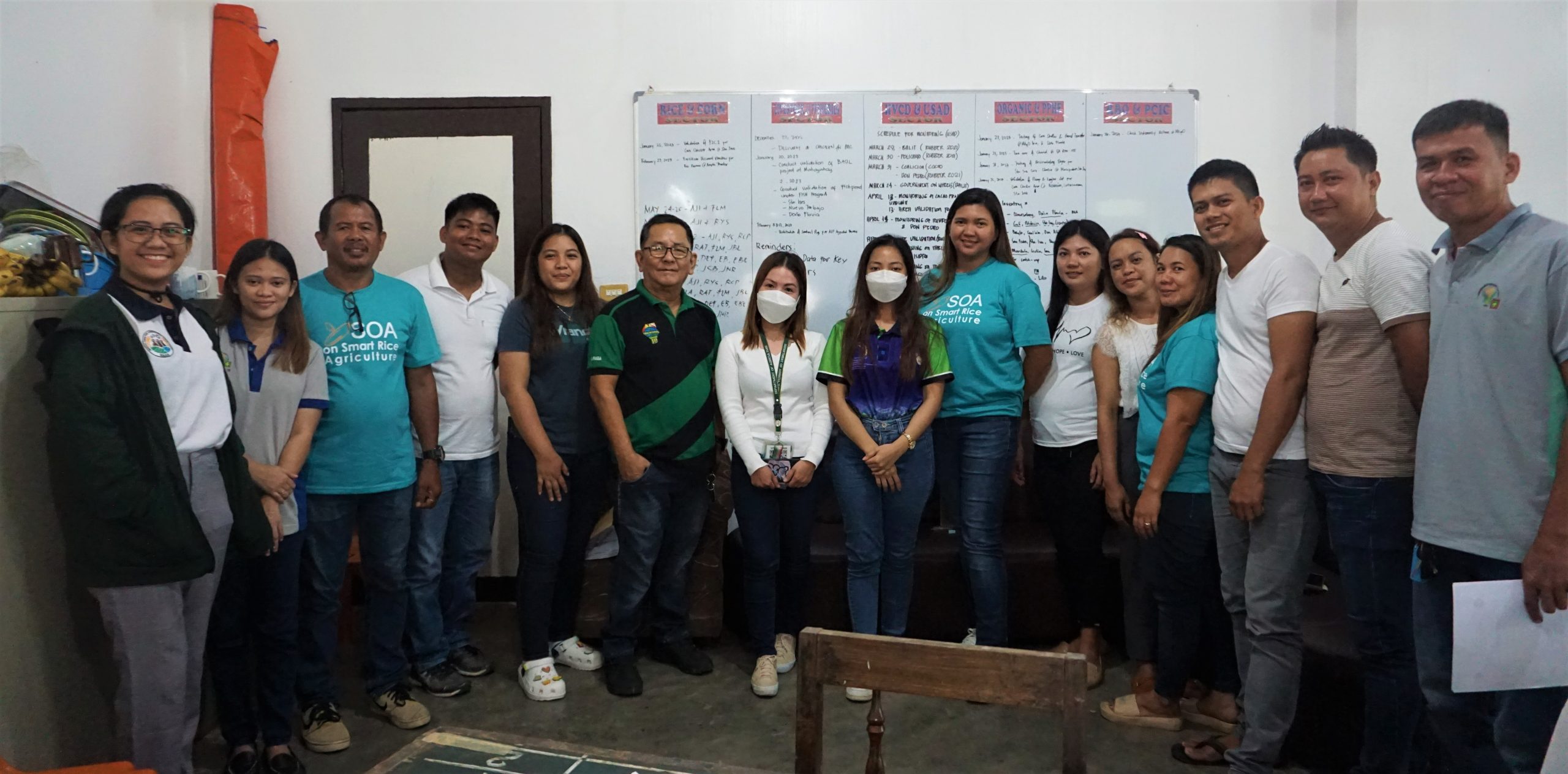
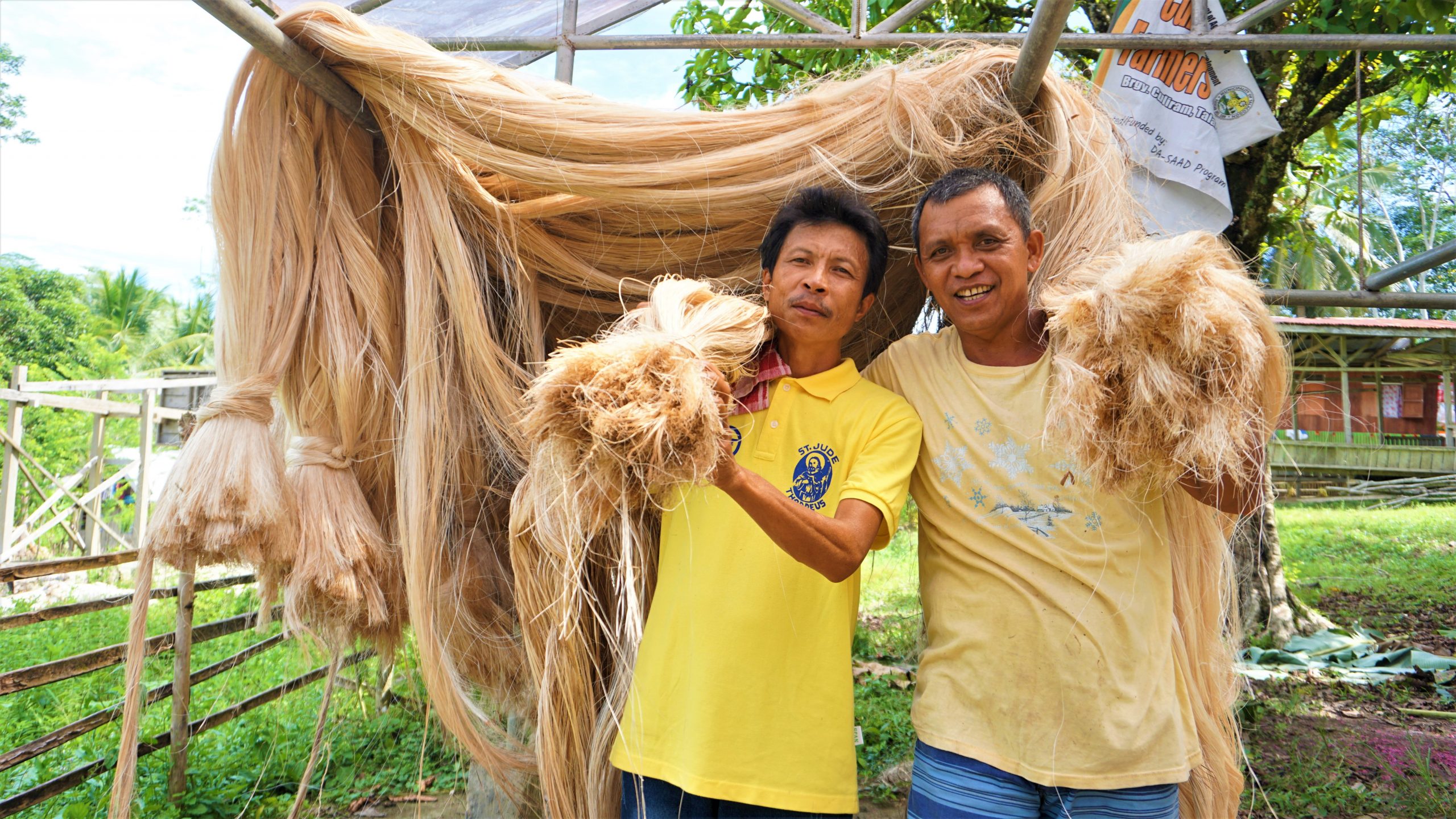
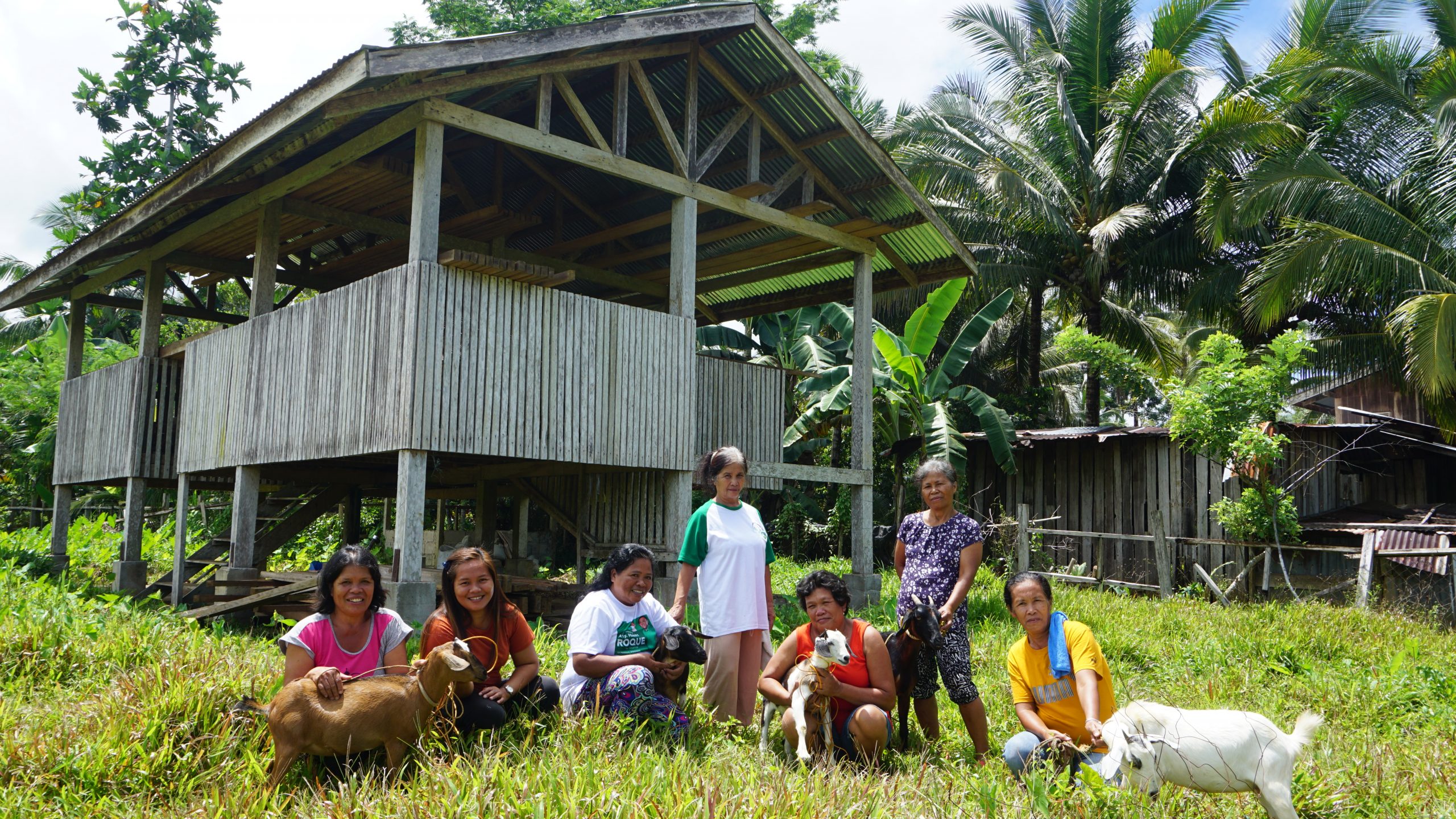
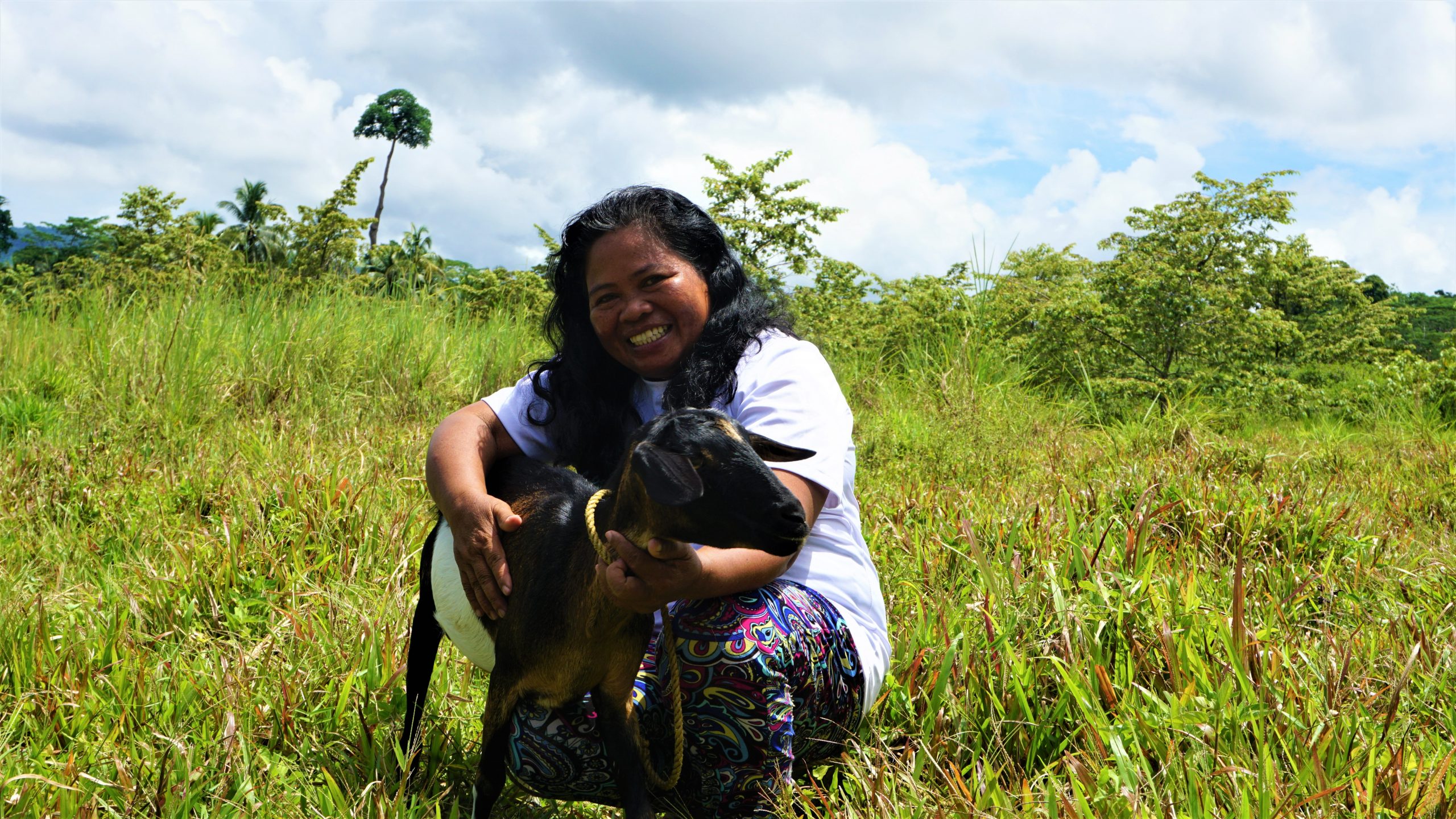
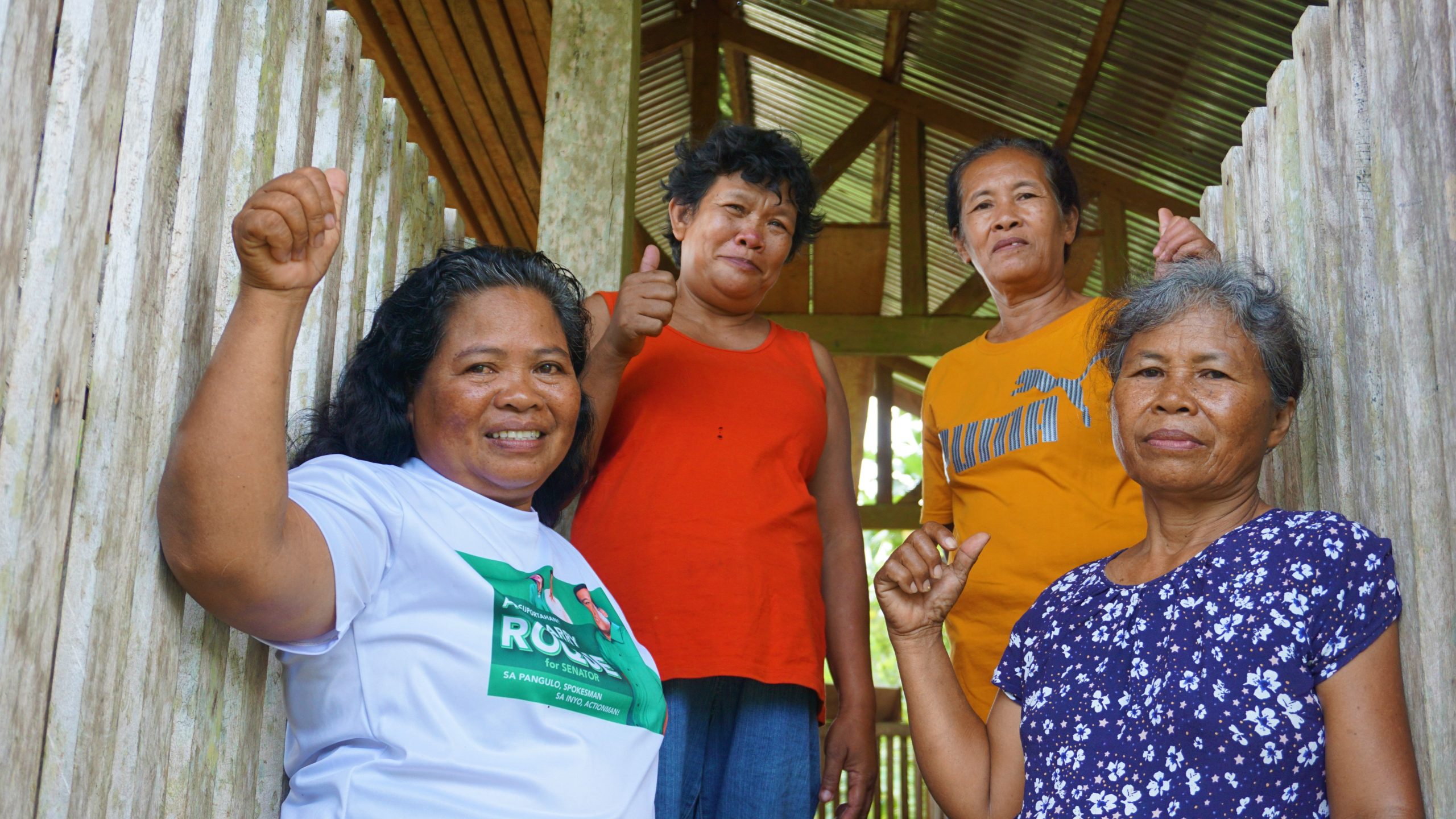
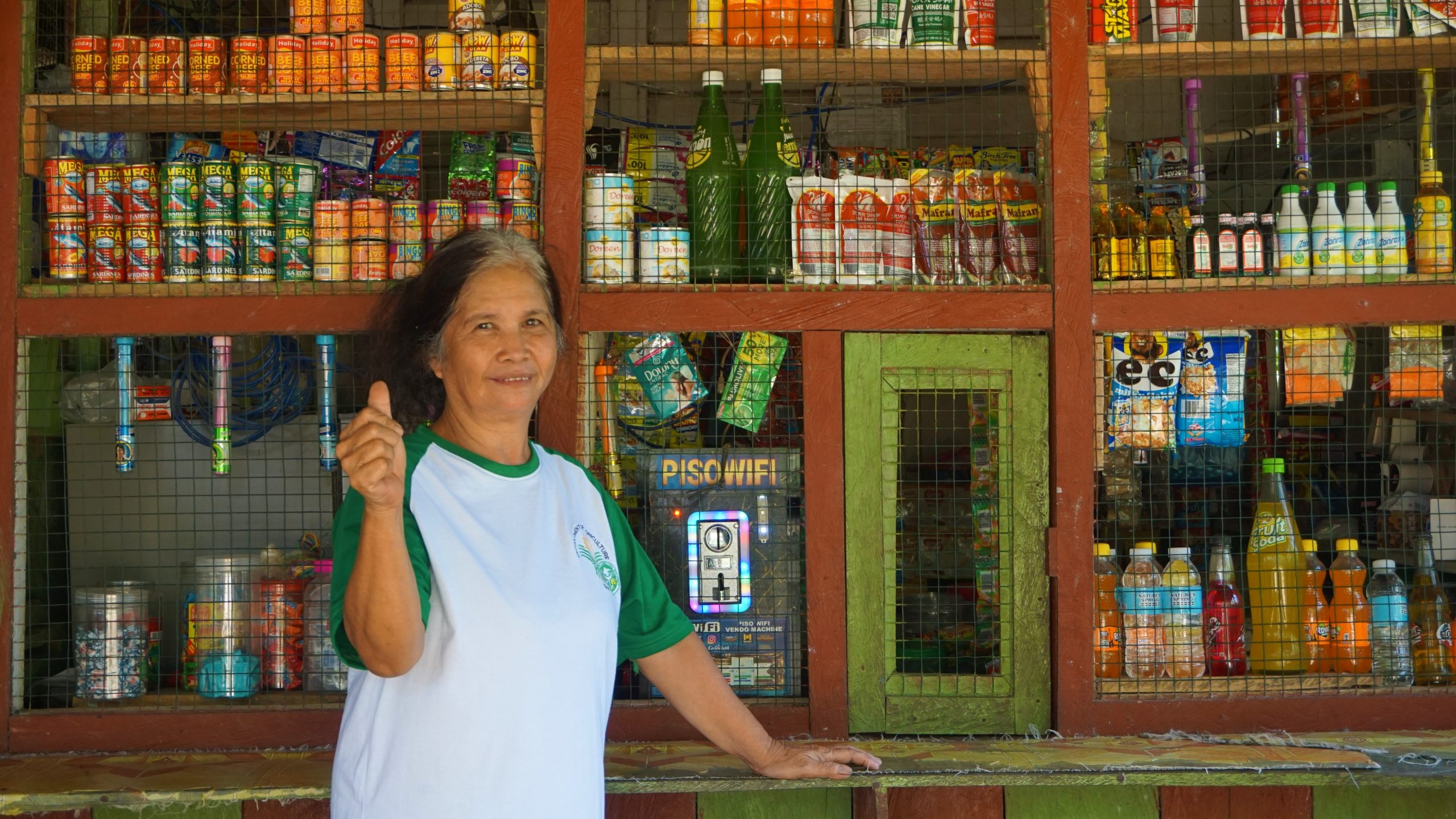
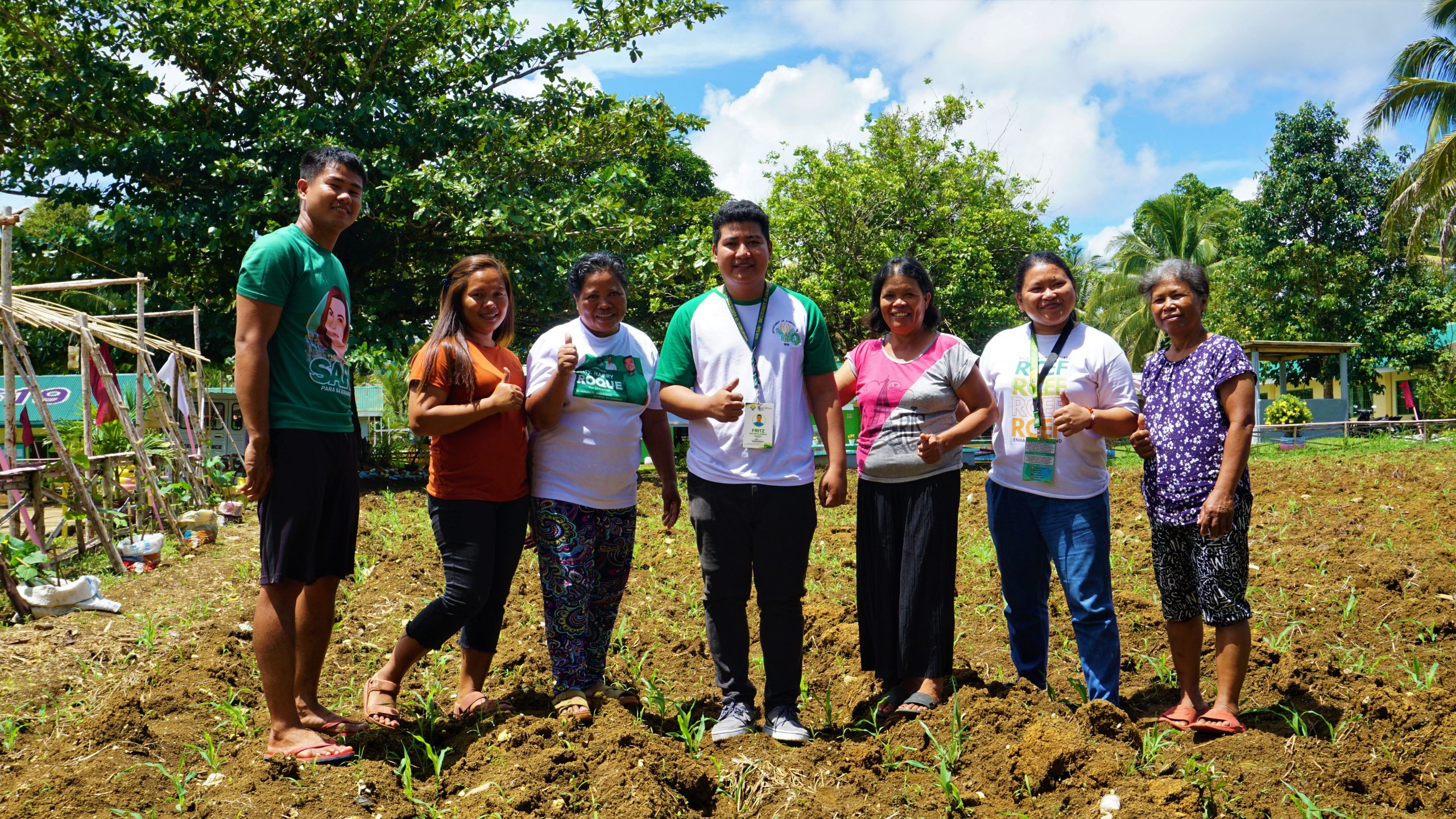
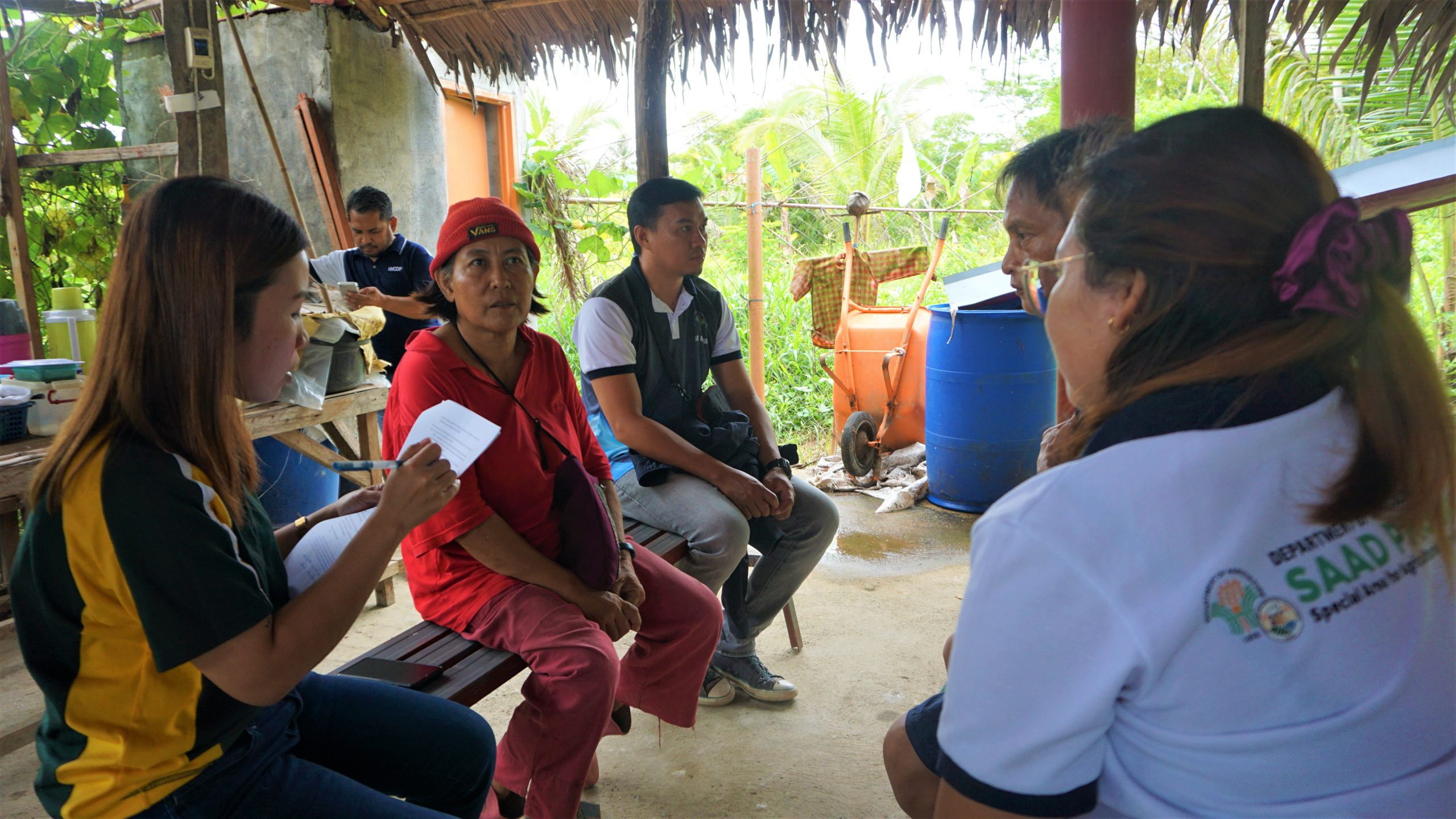
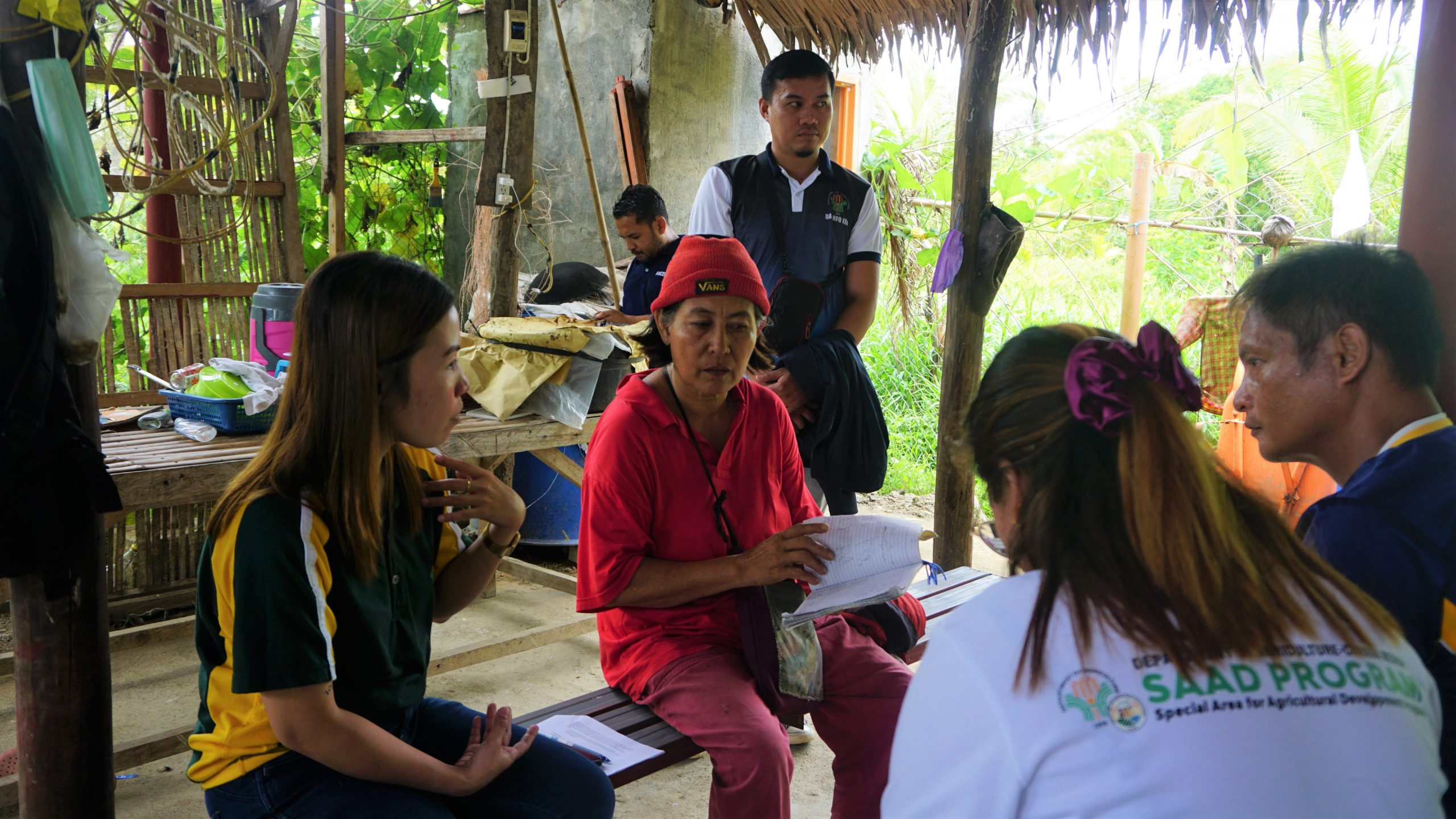
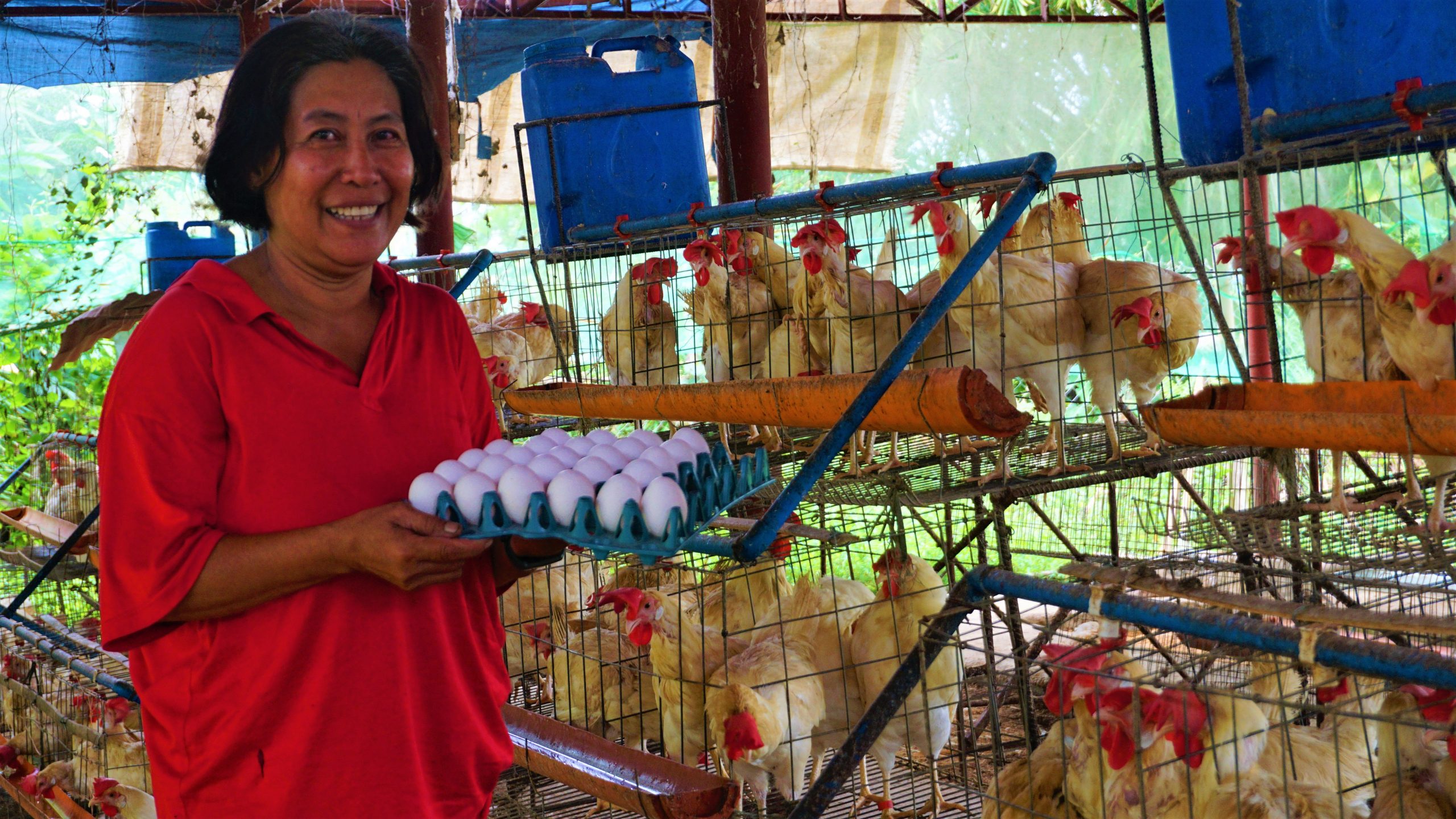
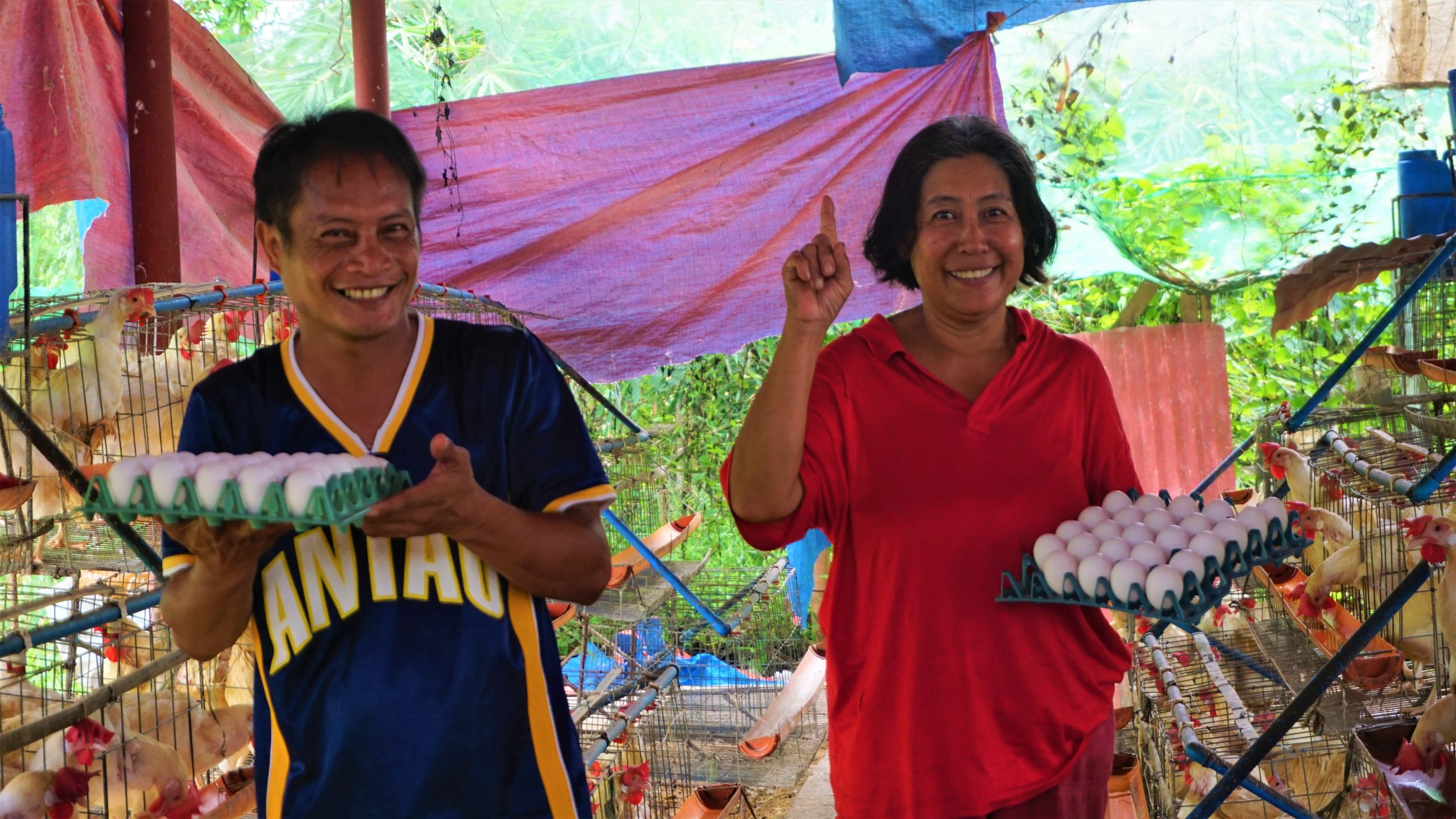
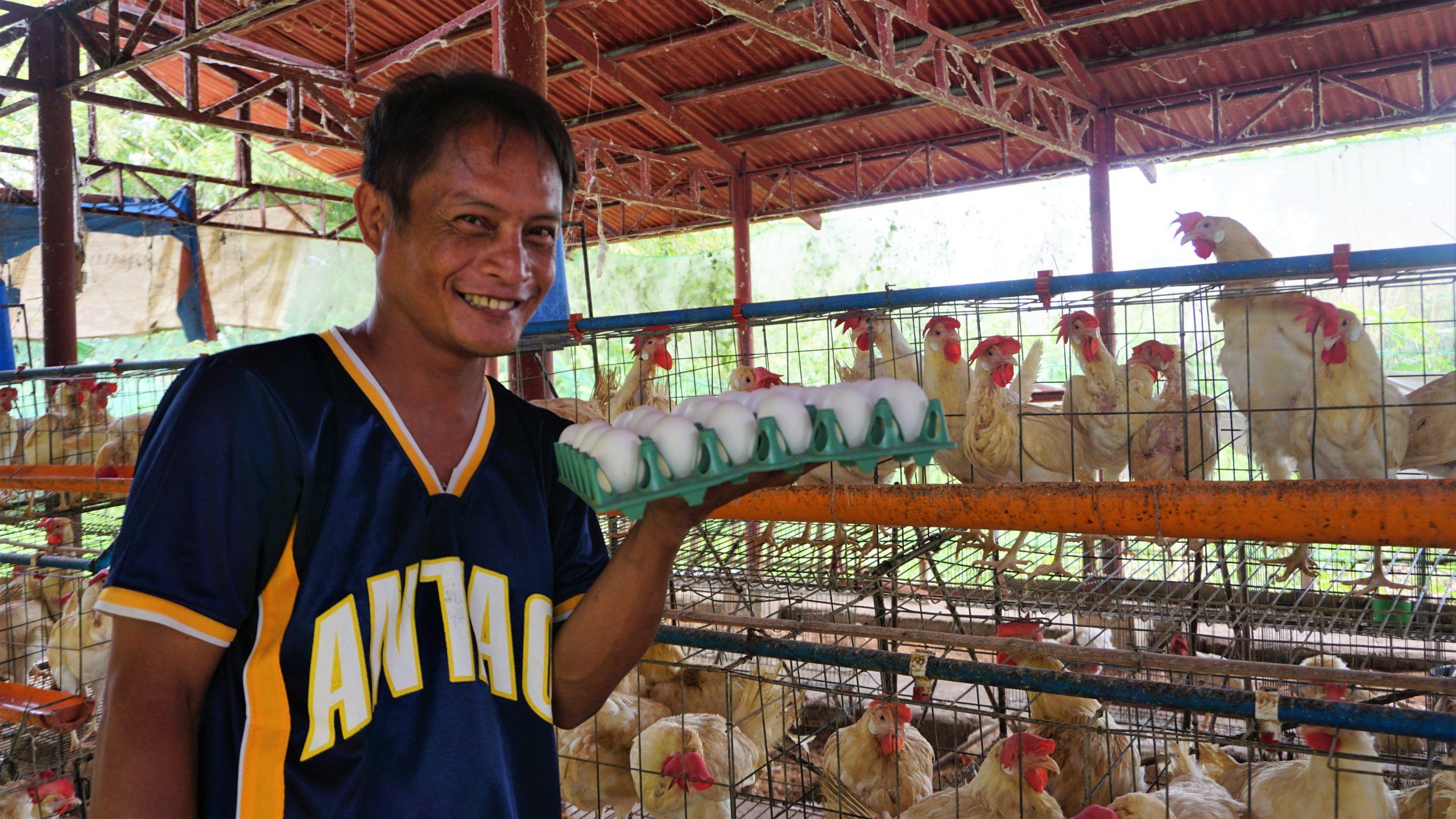
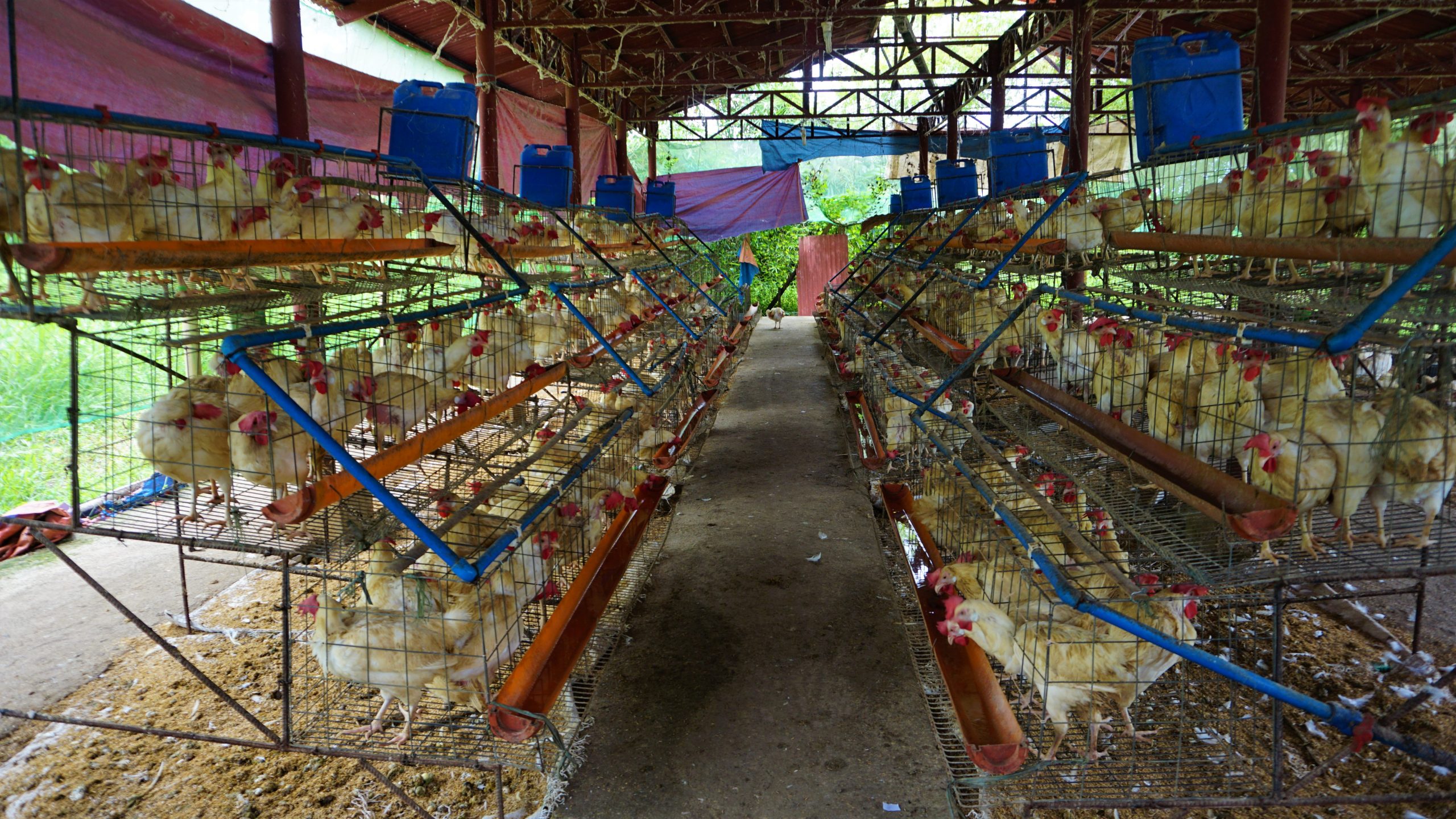
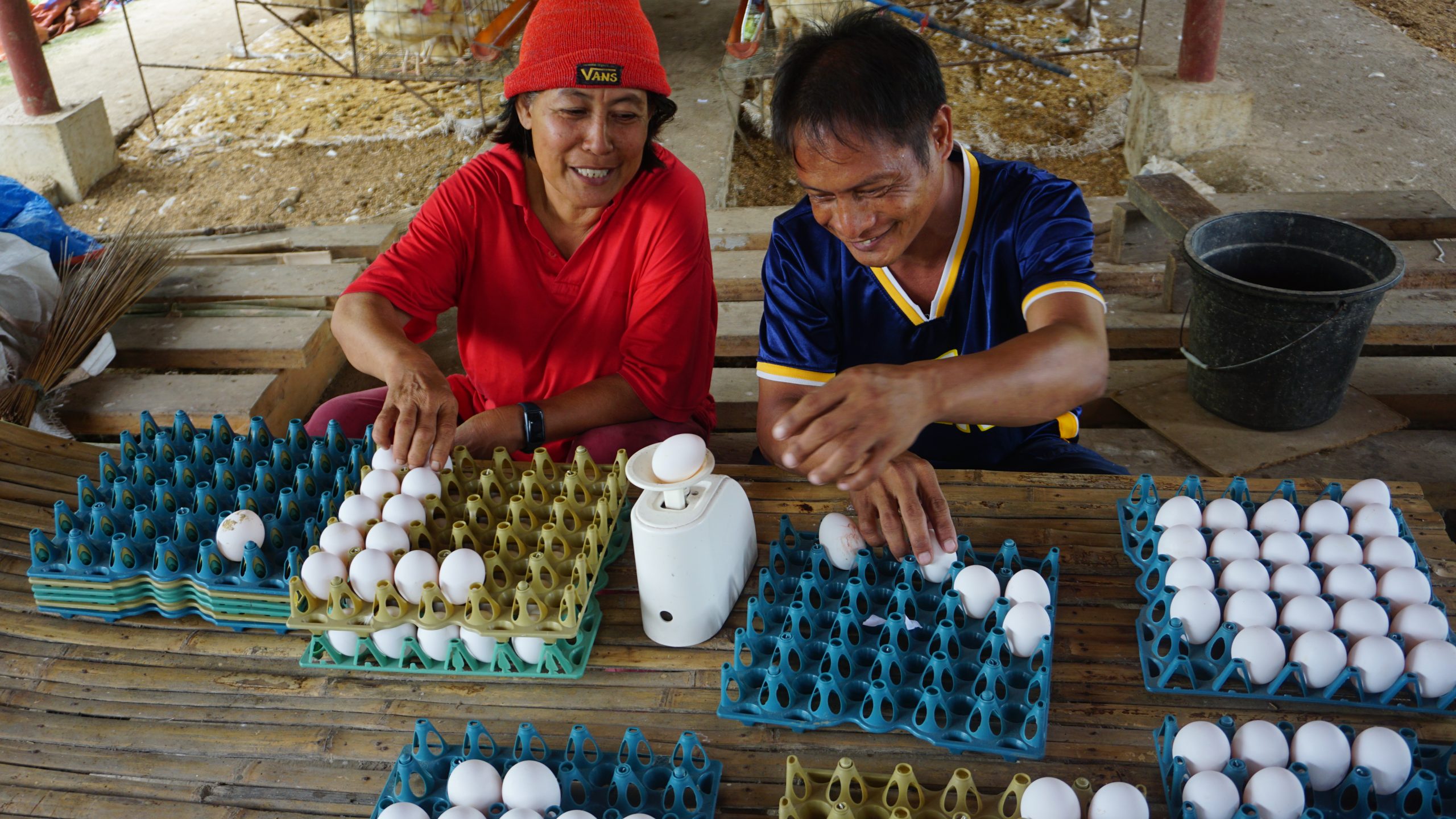
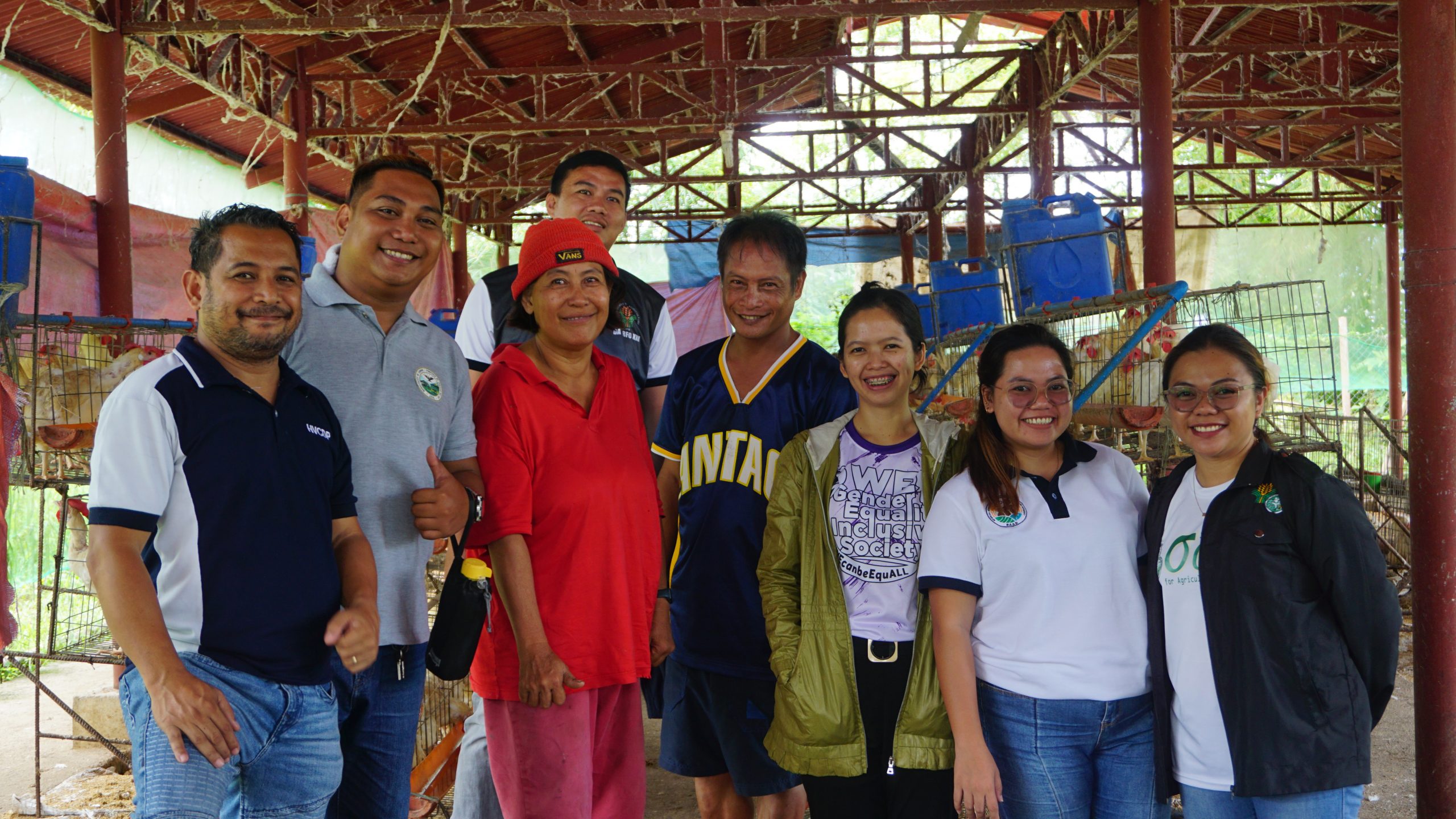
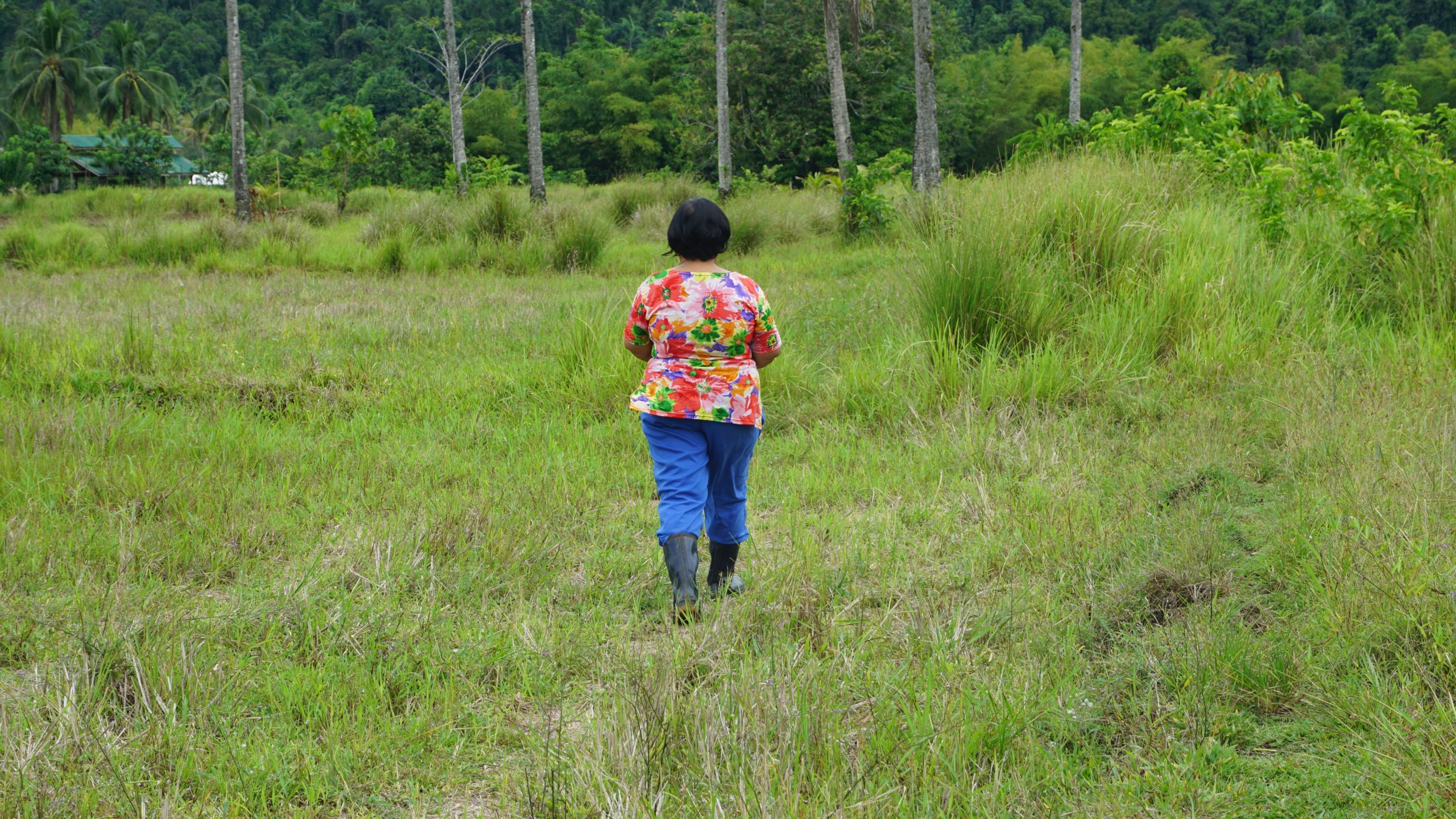
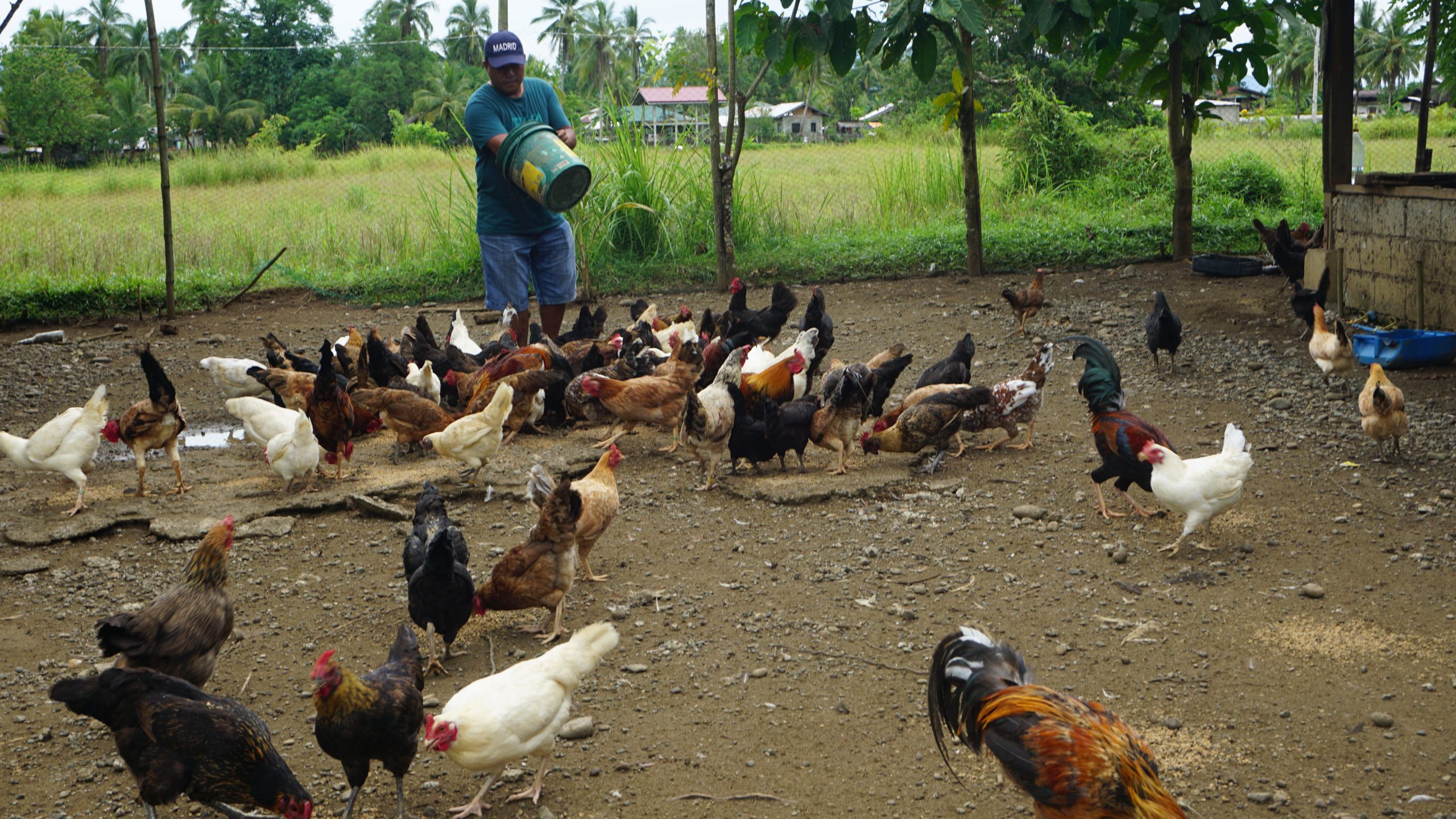
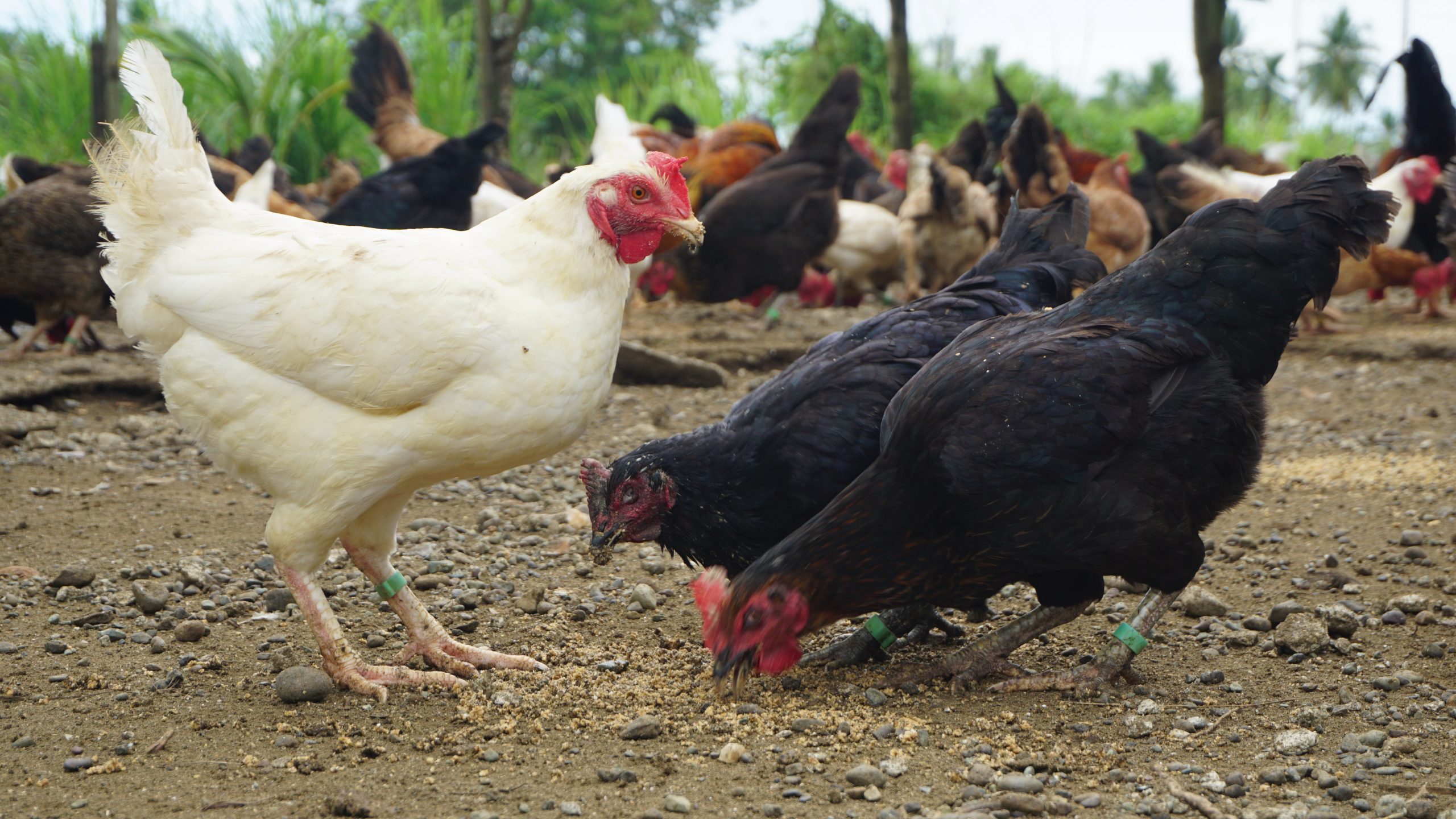
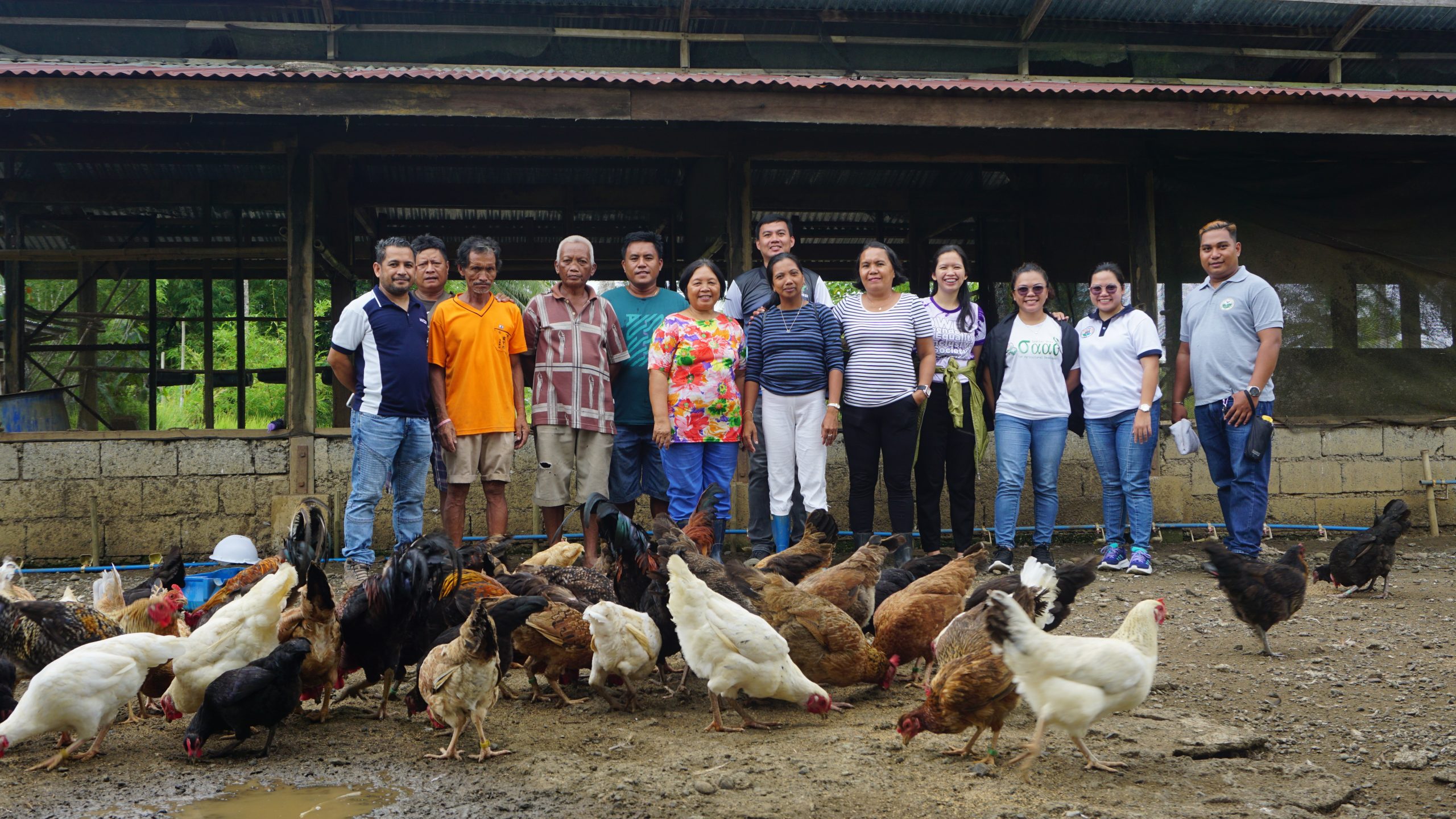
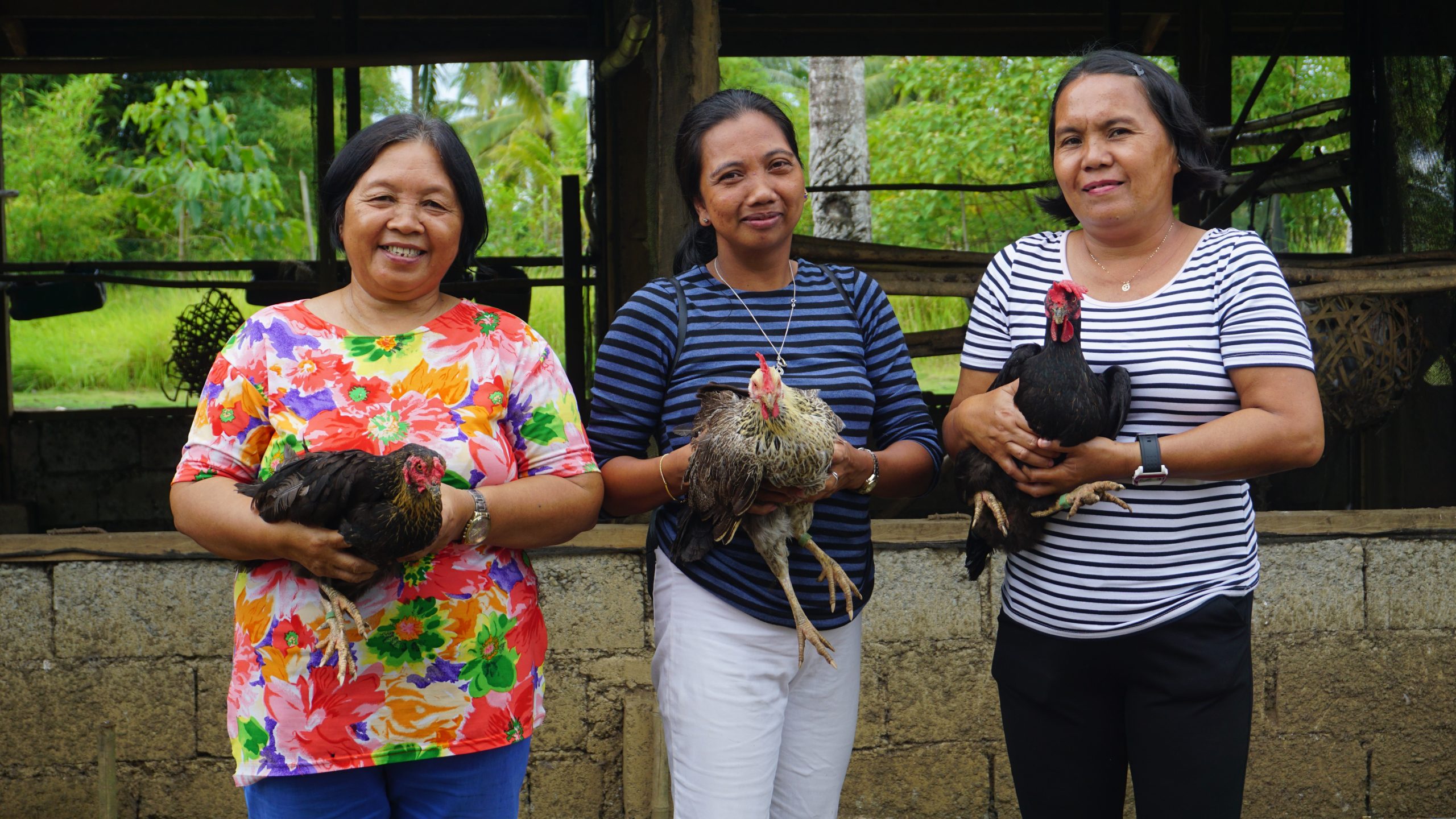
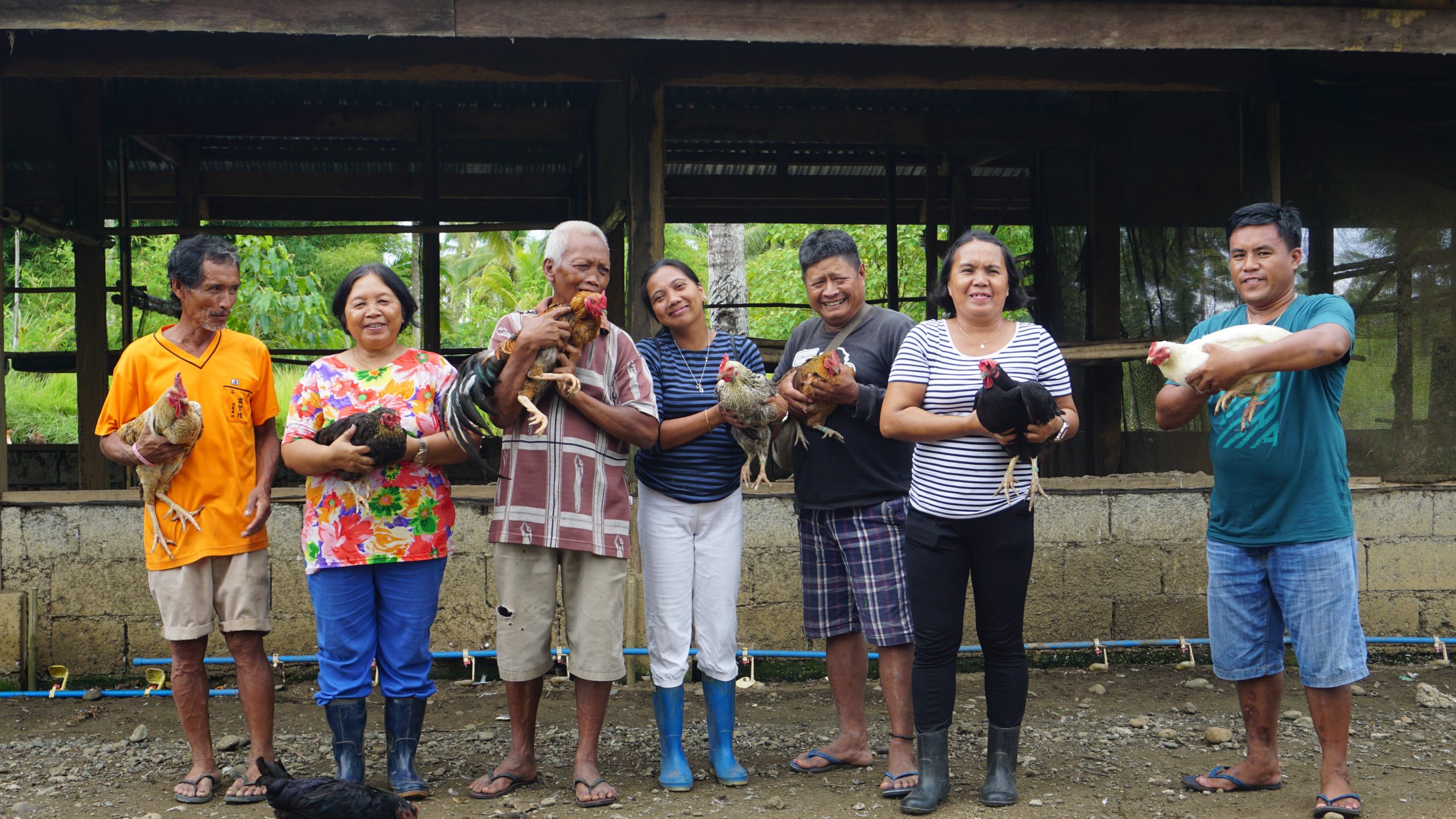
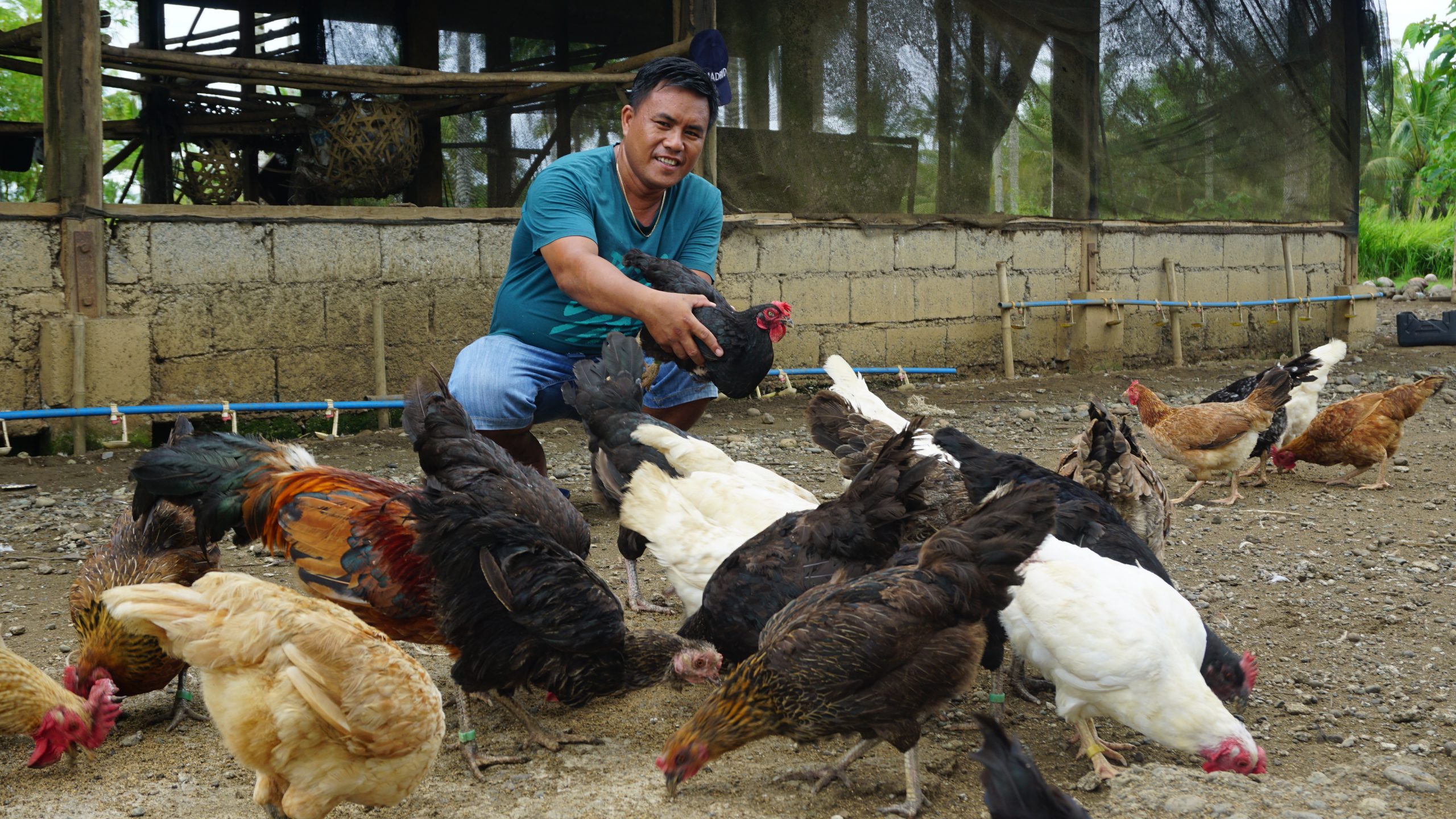
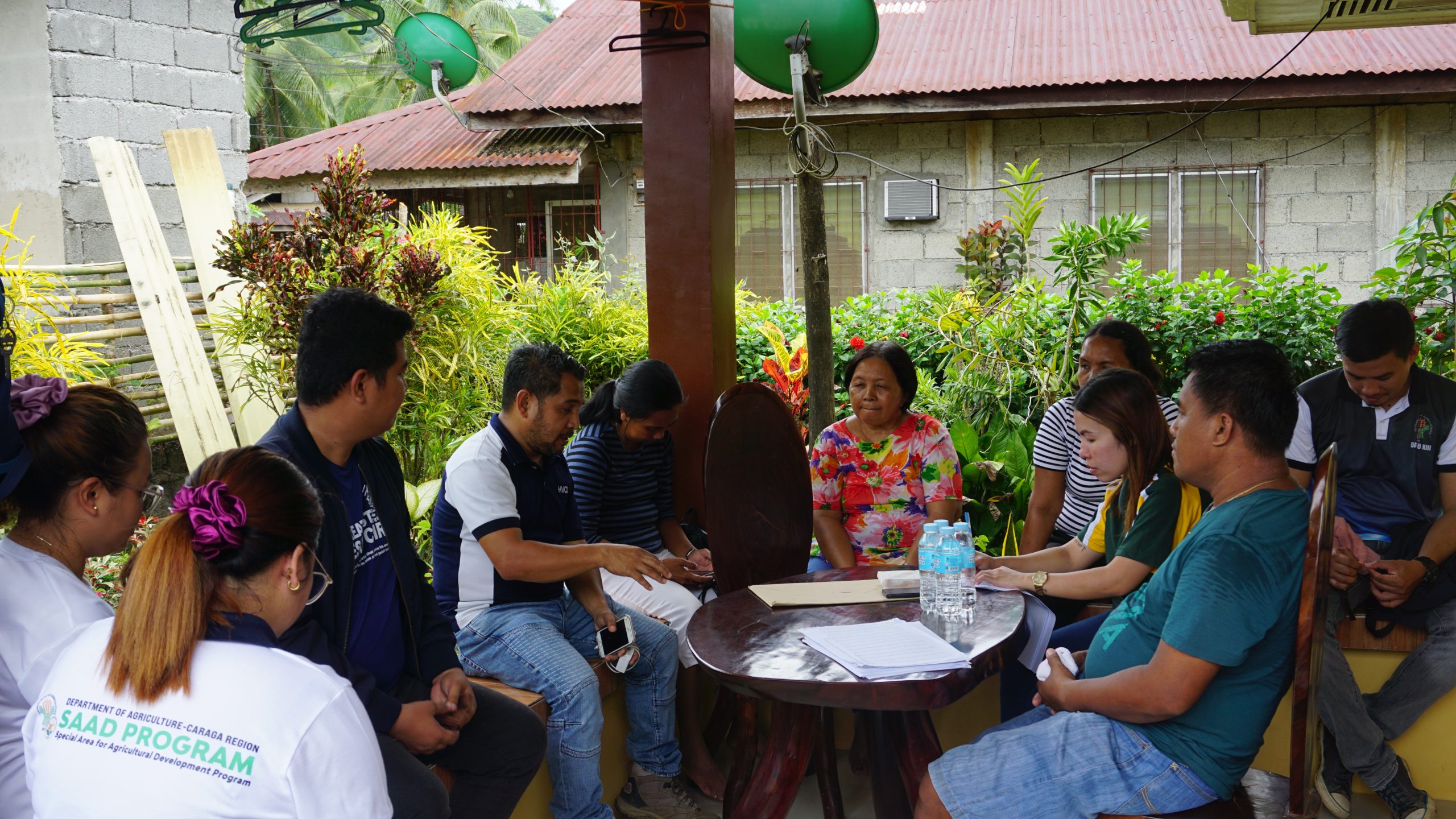
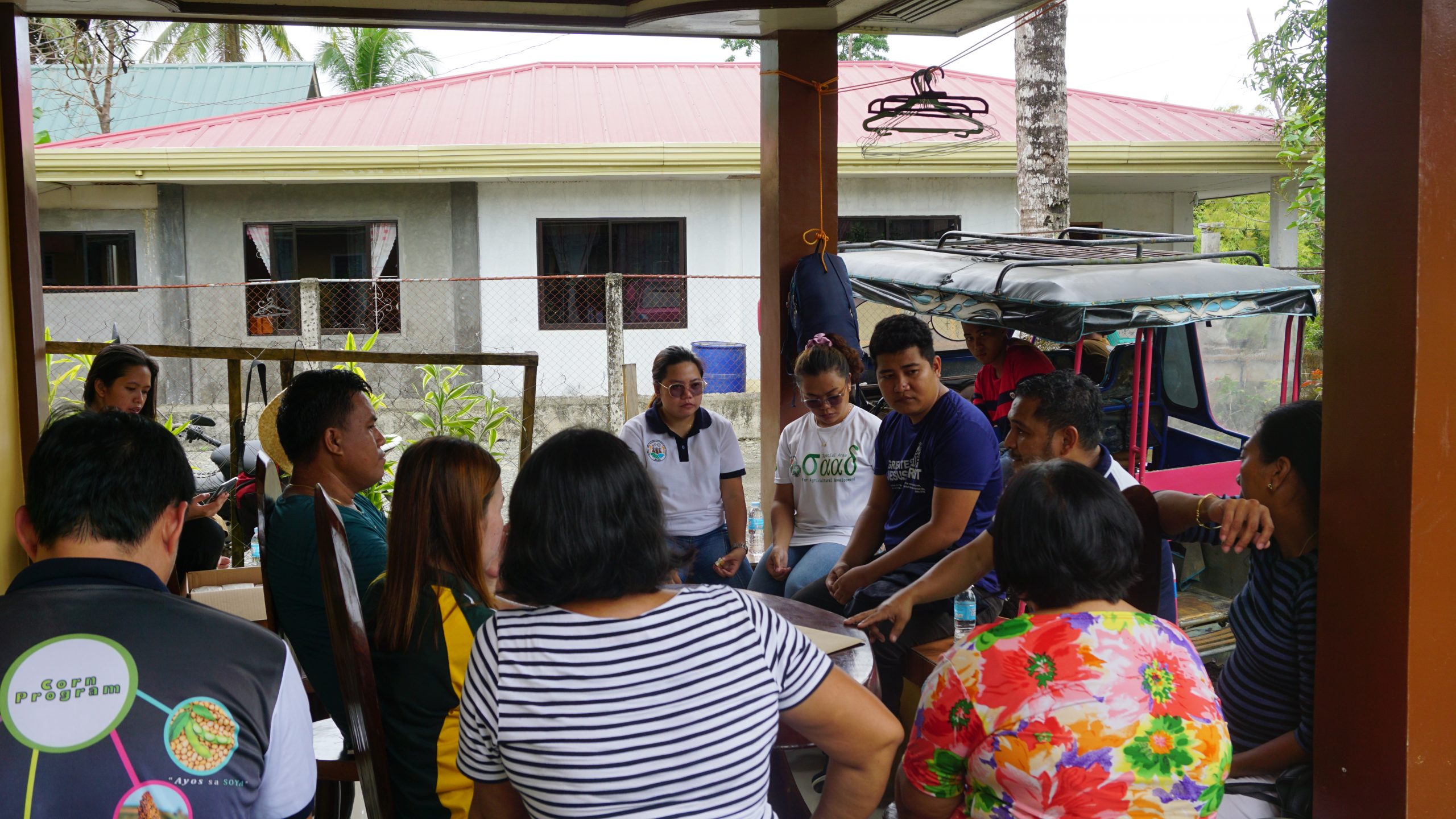
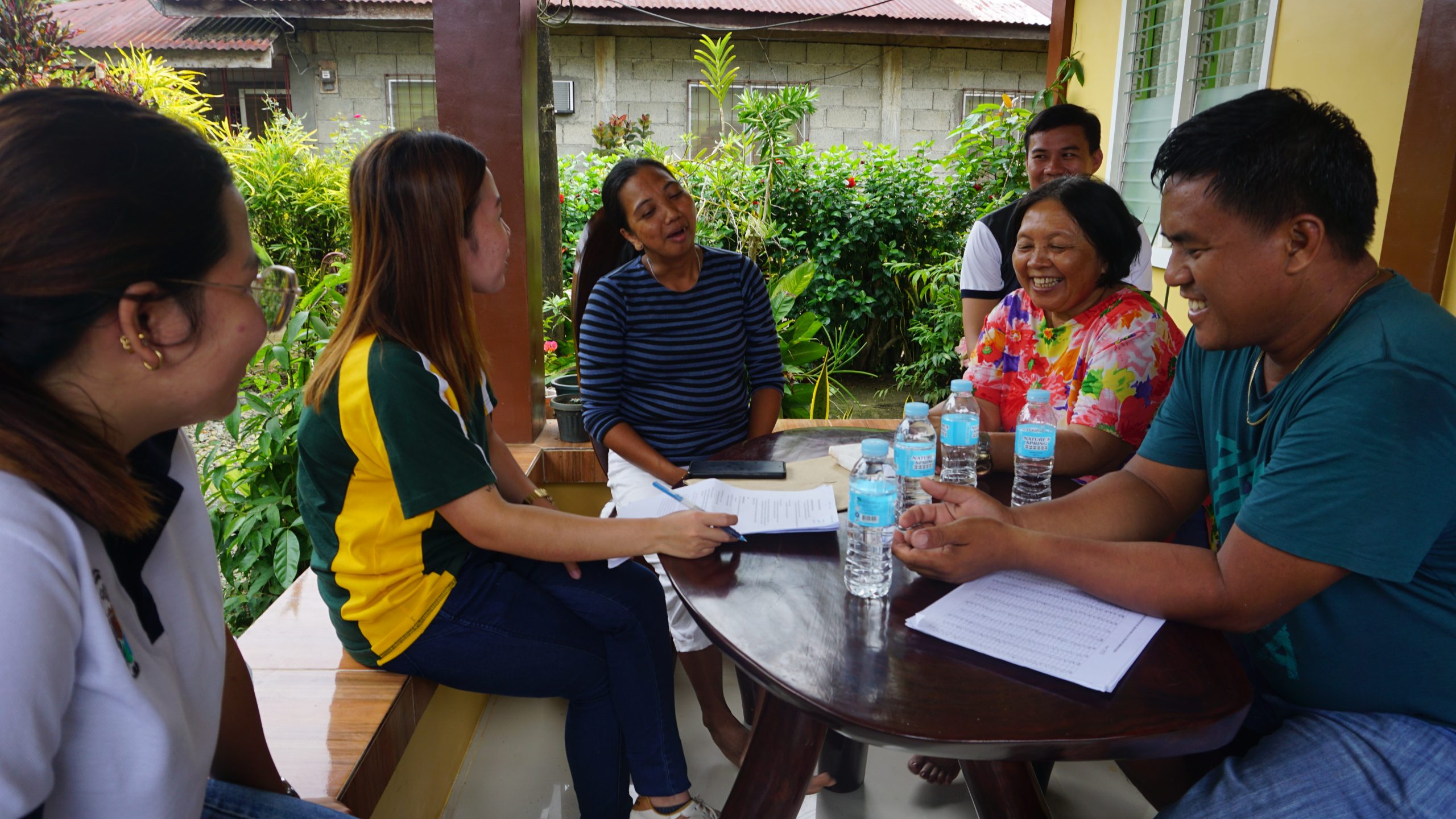
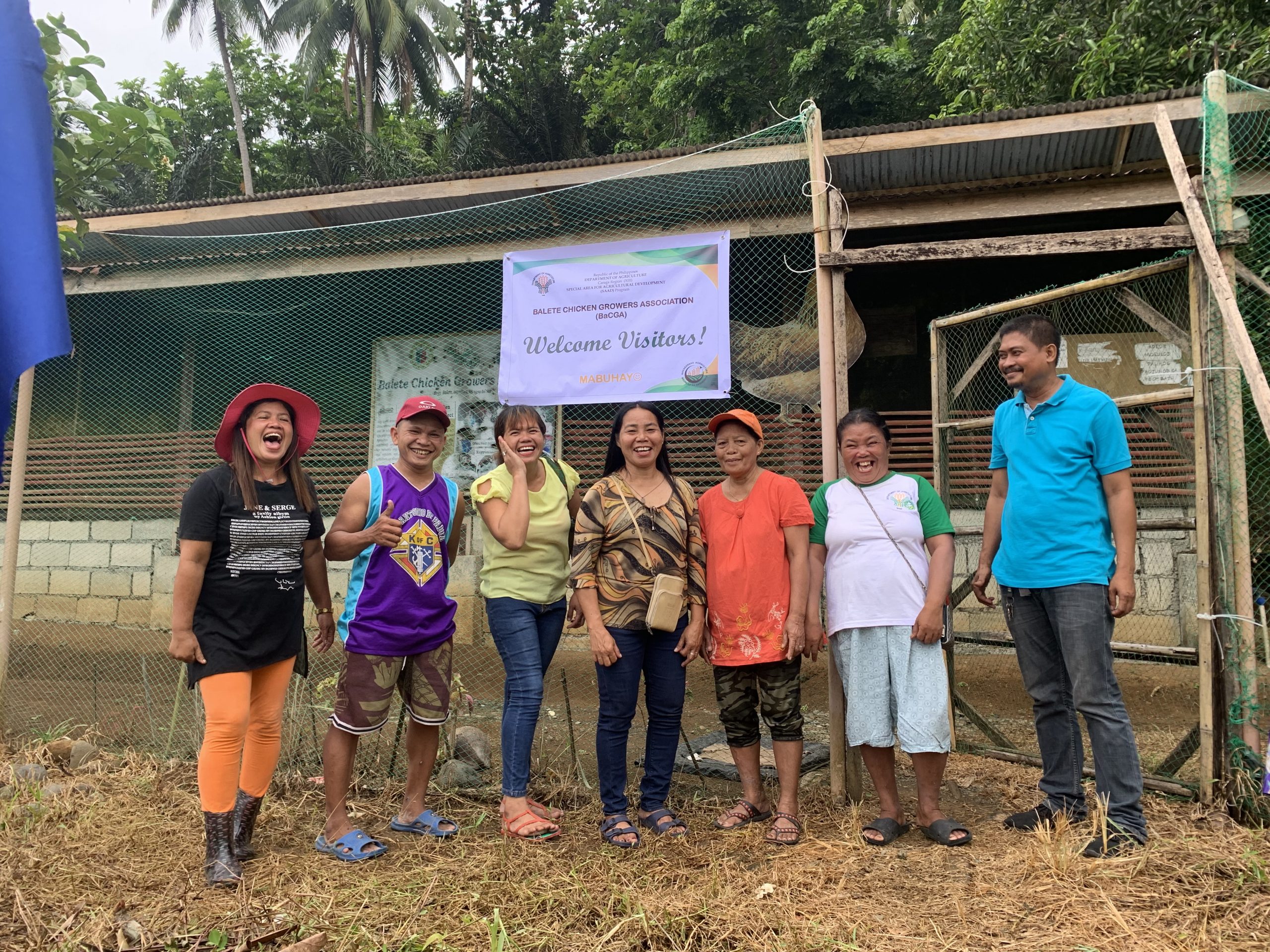
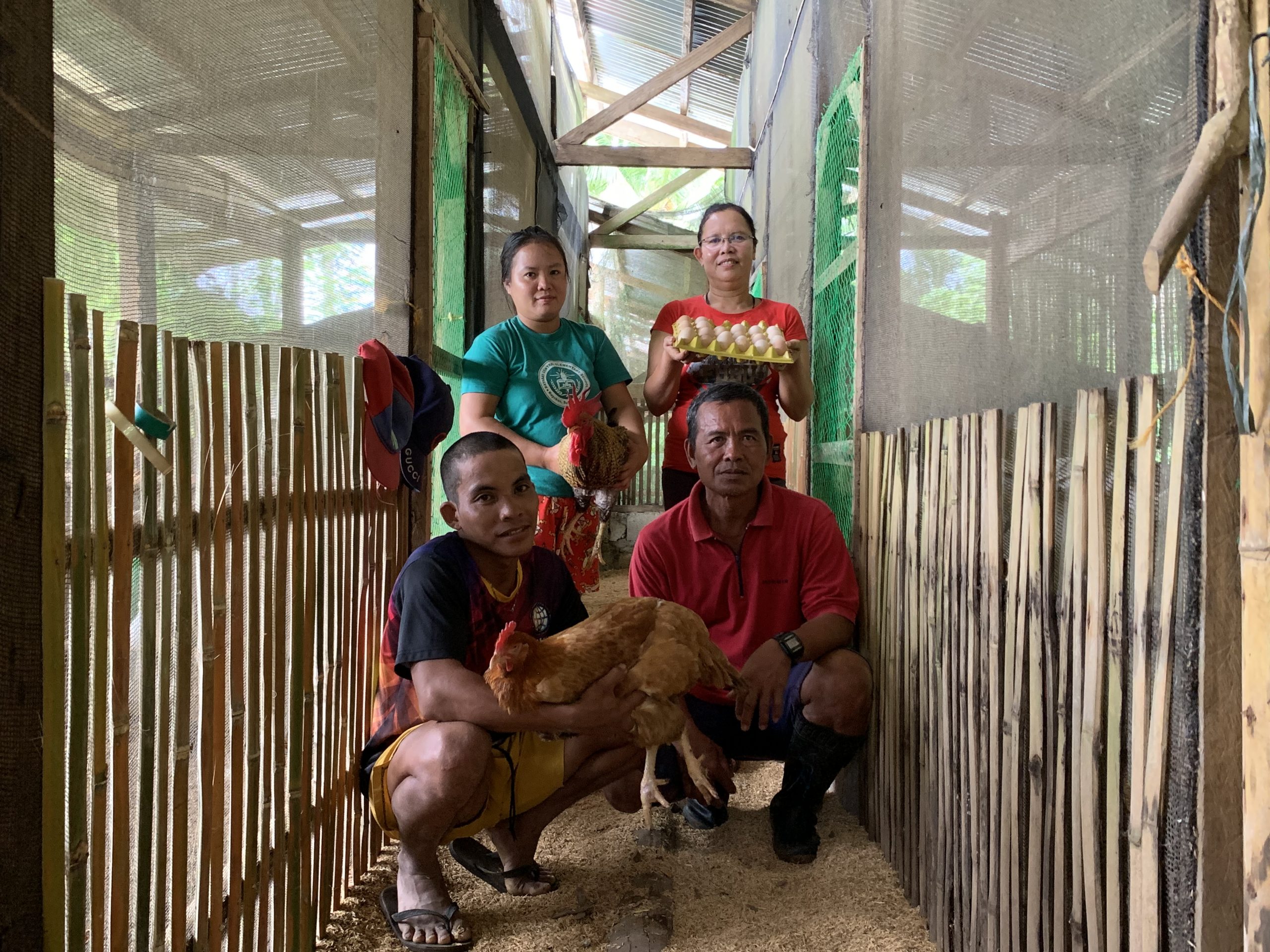
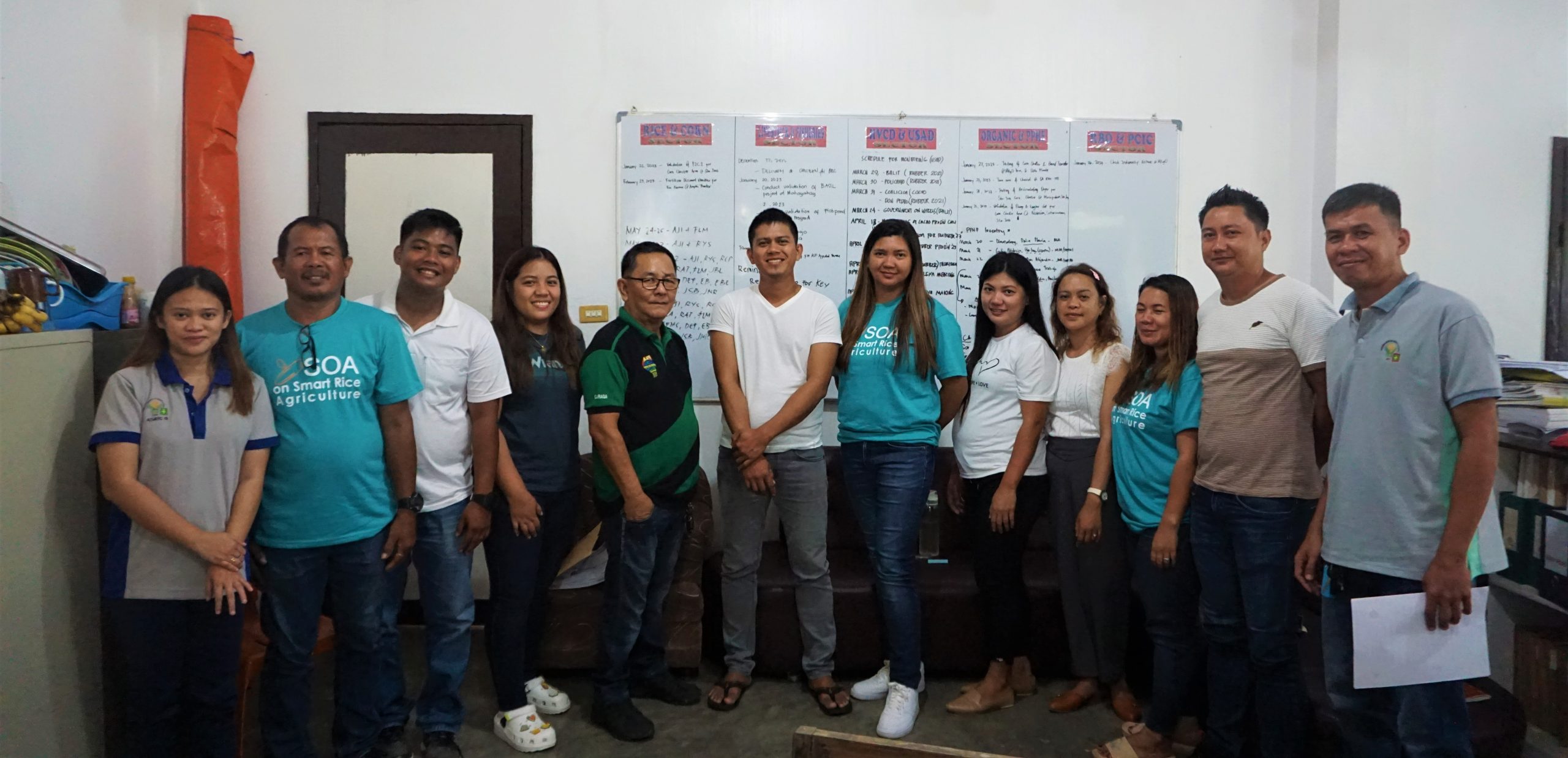
Comments (0)